Our Products
JUMBO charcoal is made entirely of encroacher Namibian hardwood species such as Acacia Mellifera or Black Thorn. The encroacher timber species are harvested and carbonised in circular steel kilns to produce high quality, long burning, charcoal.
- Finely sieved charcoal (5 - 20mm)
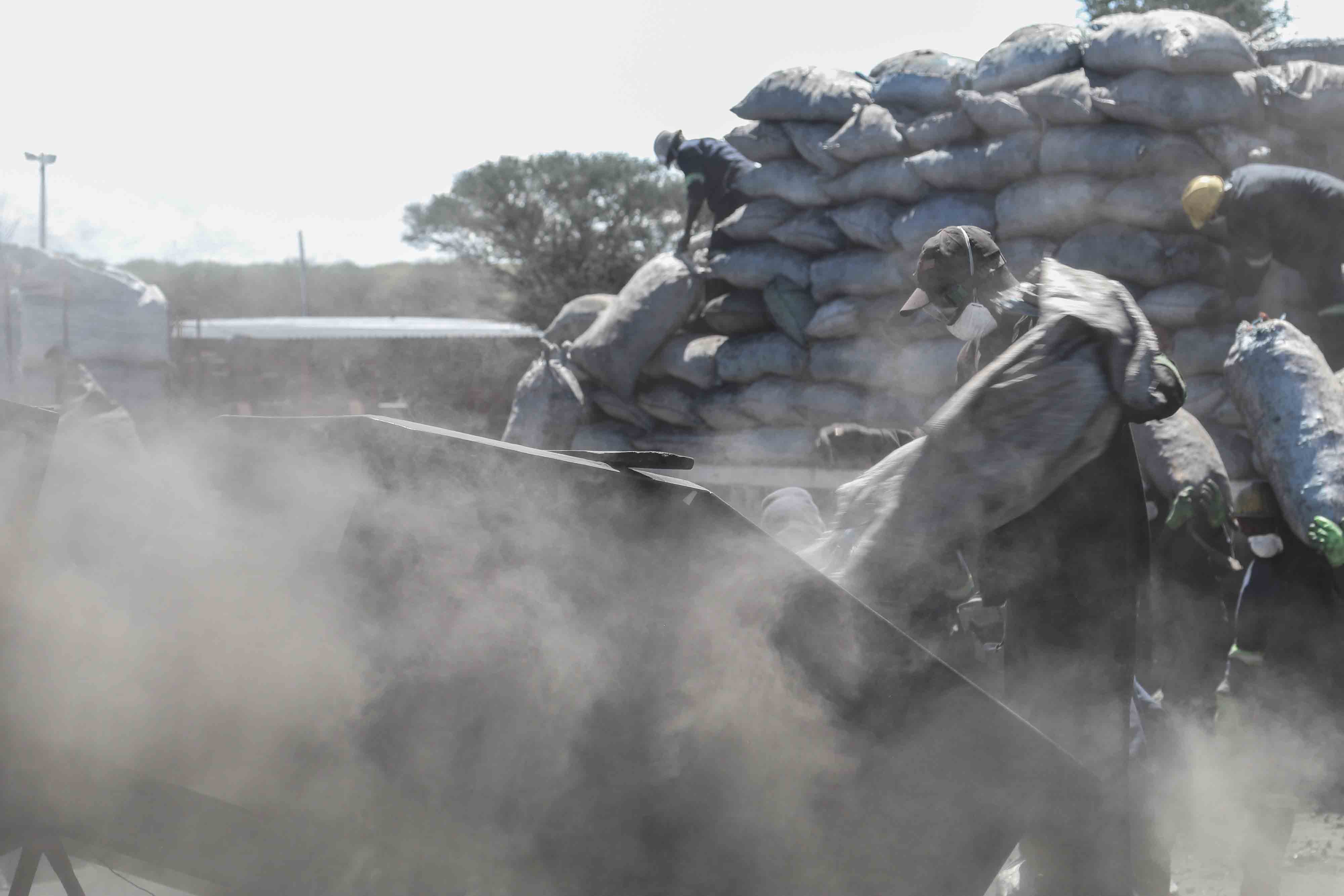
 Jumbo-Coal--78Jumbo-Coal--78Finely sieved charcoal (5 - 20mm)
Jumbo-Coal--78Jumbo-Coal--78Finely sieved charcoal (5 - 20mm)
 Jumbo-Coal--78Jumbo-Coal--78Charcoal Fines
Jumbo-Coal--78Jumbo-Coal--78Charcoal Fines - Crushed charcoal used in the production of briquettes (0 - 5mm)
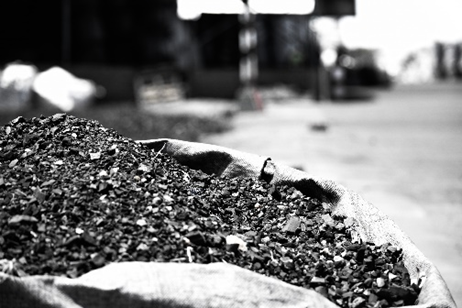
 Crushed Charcoal Product ImageCrushed Charcoal Product ImageCrushed charcoal used in the production of briquettes (0 - 5mm)
Crushed Charcoal Product ImageCrushed Charcoal Product ImageCrushed charcoal used in the production of briquettes (0 - 5mm)
 Crushed Charcoal Product ImageCrushed Charcoal Product ImageCrushed charcoal
Crushed Charcoal Product ImageCrushed Charcoal Product ImageCrushed charcoal - Lumpwood Charcoal graded in 20/80 mm and 40/120mm.
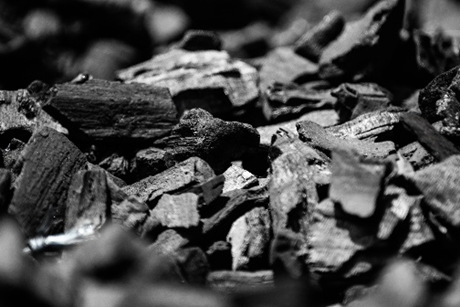
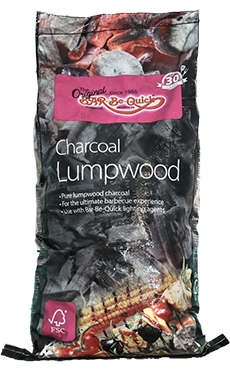
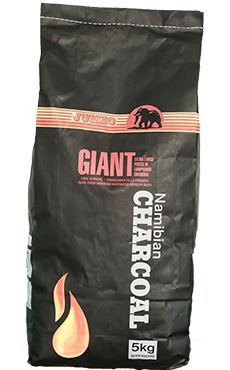
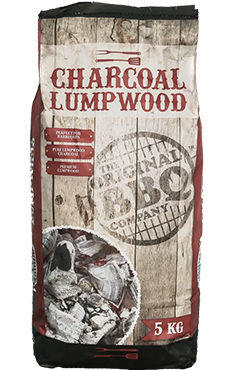
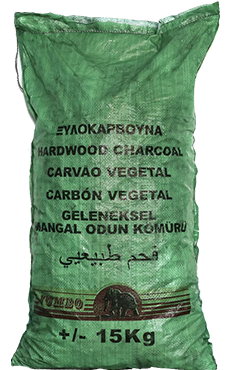
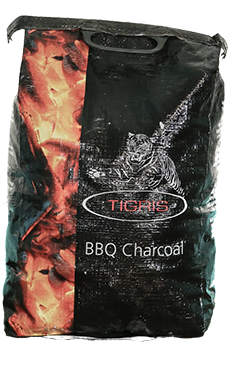 Lumpwood CharcoalLumpwood 20-80mm Jumbo Coal 385Lumpwood 20-80mm Jumbo Coal 389Lumpwood 20-80mm Jumbo Coal 390Lumpwood 80mm+ Jumbo Coal 384Lumpwood 80mm+ Jumbo Coal 391Lumpwood Charcoal graded in 20/80 mm and 40/120mm.
Lumpwood CharcoalLumpwood 20-80mm Jumbo Coal 385Lumpwood 20-80mm Jumbo Coal 389Lumpwood 20-80mm Jumbo Coal 390Lumpwood 80mm+ Jumbo Coal 384Lumpwood 80mm+ Jumbo Coal 391Lumpwood Charcoal graded in 20/80 mm and 40/120mm.




 Lumpwood CharcoalLumpwood 20-80mm Jumbo Coal 385Lumpwood 20-80mm Jumbo Coal 389Lumpwood 20-80mm Jumbo Coal 390Lumpwood 80mm+ Jumbo Coal 384Lumpwood 80mm+ Jumbo Coal 391Lumpwood Charcoal
Lumpwood CharcoalLumpwood 20-80mm Jumbo Coal 385Lumpwood 20-80mm Jumbo Coal 389Lumpwood 20-80mm Jumbo Coal 390Lumpwood 80mm+ Jumbo Coal 384Lumpwood 80mm+ Jumbo Coal 391Lumpwood Charcoal - Easy to light Barbeque charcoal dipped in wax
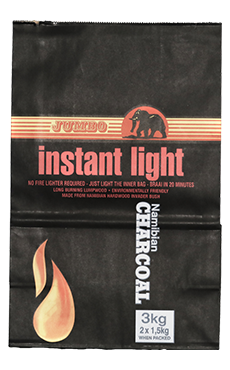
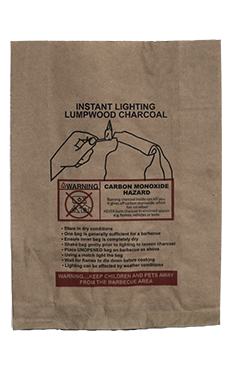 InstantLight1InstantLight2Easy to light Barbeque charcoal dipped in wax
InstantLight1InstantLight2Easy to light Barbeque charcoal dipped in wax
 InstantLight1InstantLight2Instant Light
InstantLight1InstantLight2Instant Light
About Us
Jumbo Charcoal (PTY) Ltd (Jumbo) is a charcoal packaging and export company located in central Namibia. Jumbo was established in Okahandja in 1989 and has since become the largest exporter of barbecue charcoal from Namibia to the Mediterranean, Central Europe and the United Kingdom. Namibia is known as the world’s 5th largest exporter of charcoal products and the United Kingdom imports much of that charcoal.
Jumbo sources its raw material from local farmers who produce sustainable charcoal in accordance with the Forest Stewardship Council® (FSC) and Fairtrade standards. Our charcoal is made entirely of Namibian hardwood acacia species, mainly Acacia Mellifera or black thorn. The charcoal is produced on-site and delivered to Jumbo where it is inspected, screened, and graded before being packaged. Trucks then transport the bags of charcoal to the closest port, Walvis Bay, where it is shipped to the final destination. We have warehouses in Walvis Bay and Okahandja where stock is stored during the off season, allowing us to meet customer’s shipping schedules during the export season. Jumbo’s key clients comprise of select buyers that import charcoal and sell it to their respective retail markets.
Jumbo charcoal is certified by the FSC® and is subject to annual audits by independent external auditors. These audits place an emphasis on social, economic and environmental issues of the entire production chain. Jumbo is also required to pass Ethical Audits by a number of the major chain stores in the United Kingdom registered with the Supplier Ethical Data Exchange (SEDEX). At Jumbo, we pride ourselves on the contribution we have made to the Namibian economy over the last 29 years. Jumbo has created over 200 direct jobs and a further 1000 indirect jobs for Namibians and has made a positive contribution to the socio-economic and natural environment through continued dedication to the production of an environmentally sustainable product.
Gallery
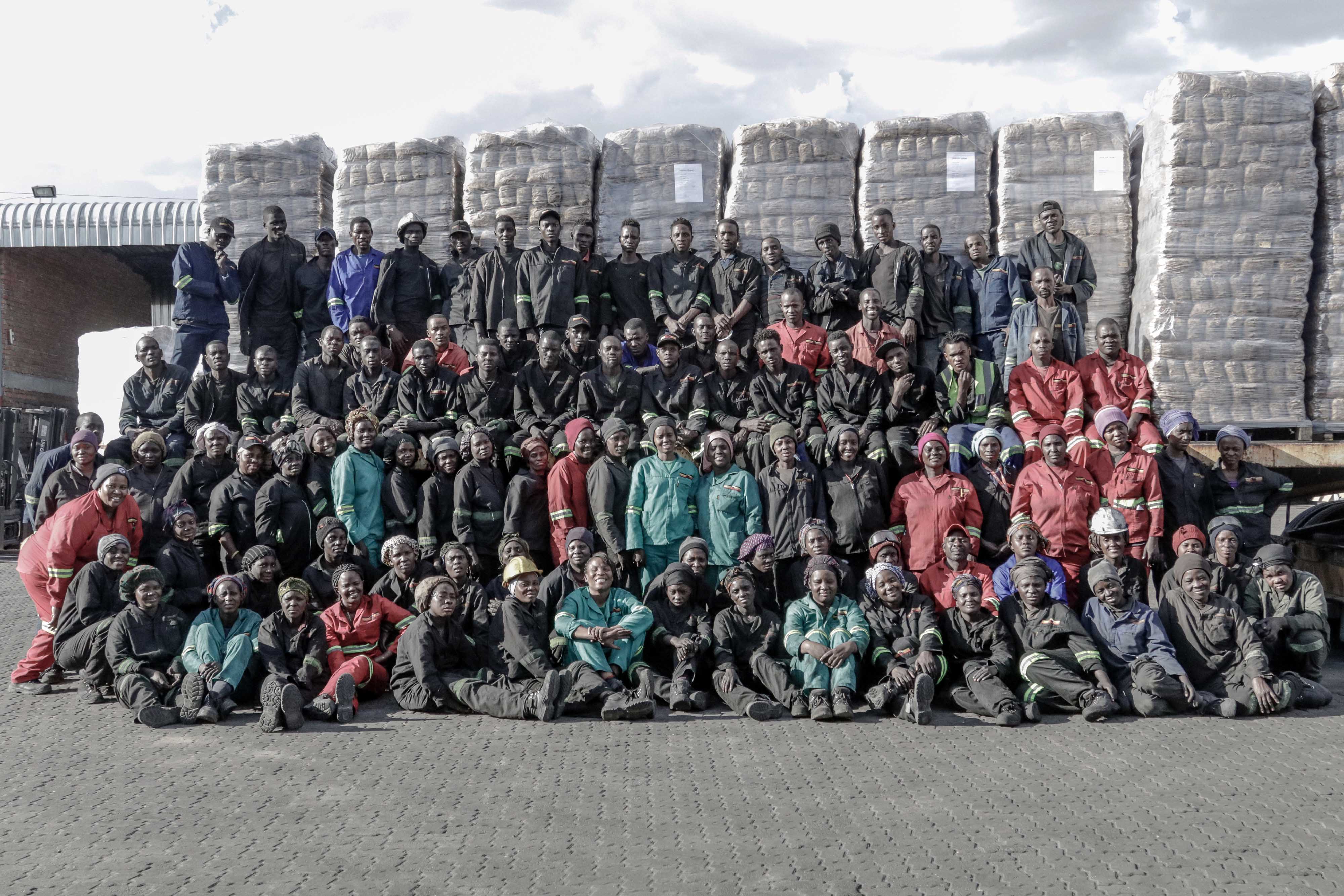
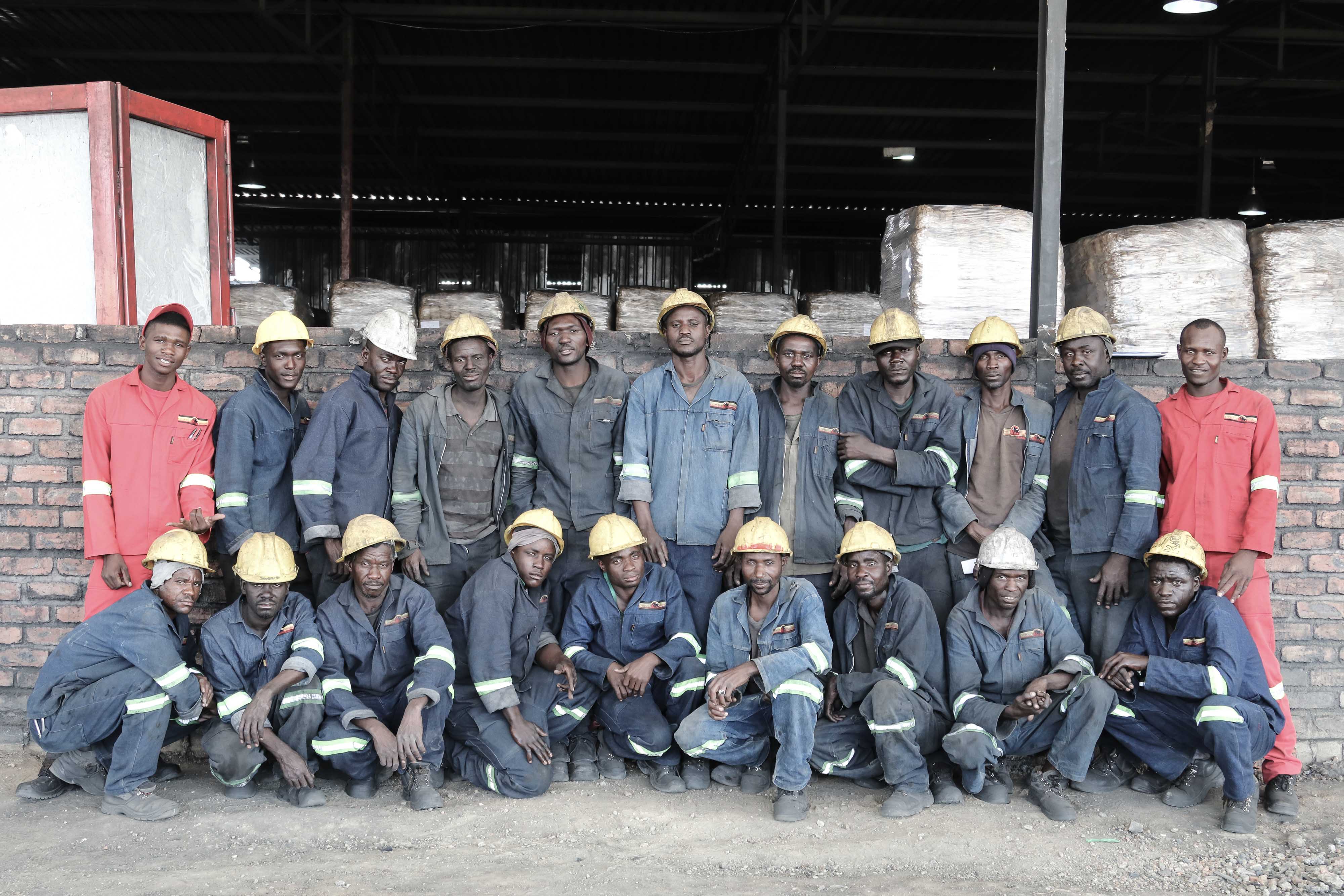
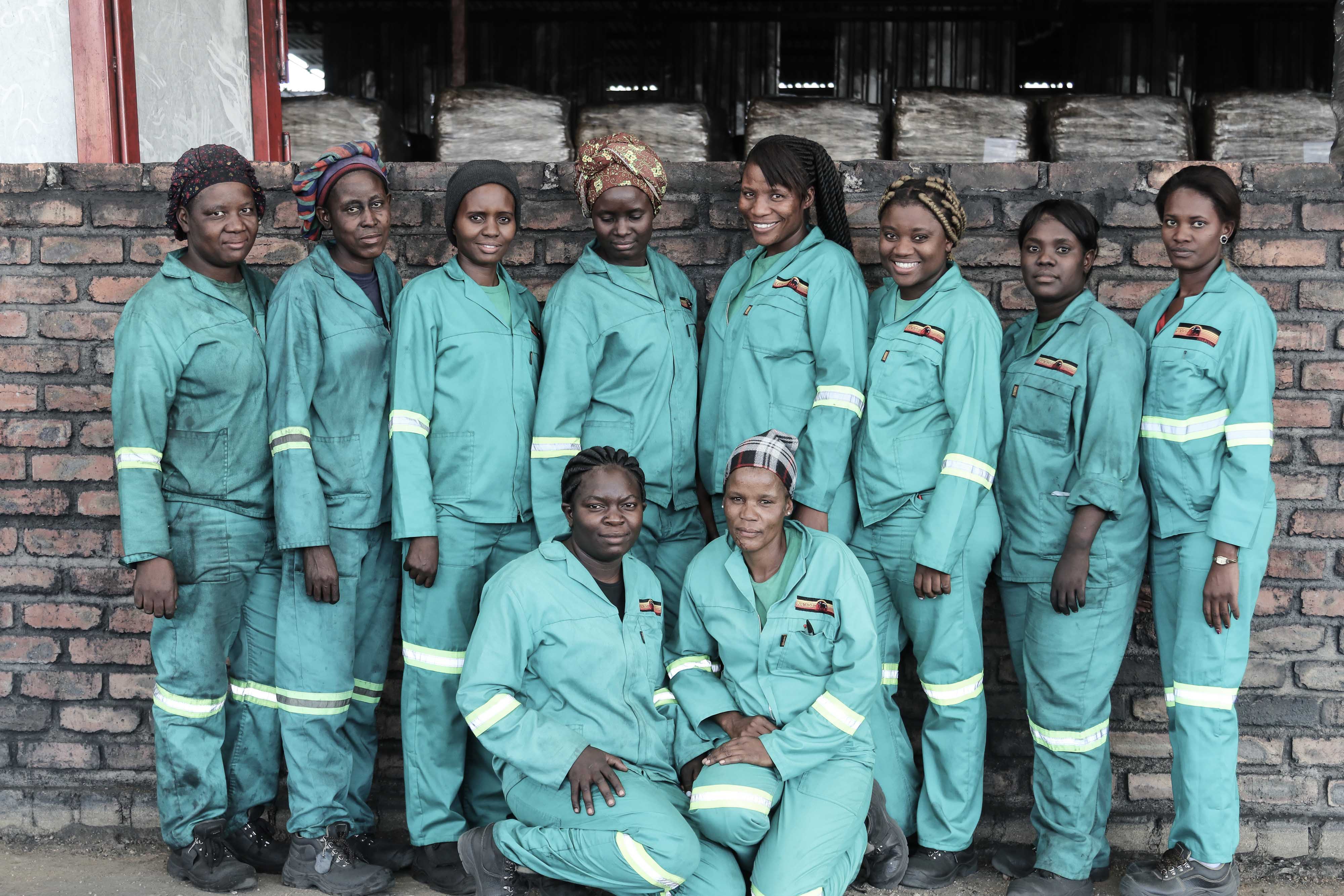
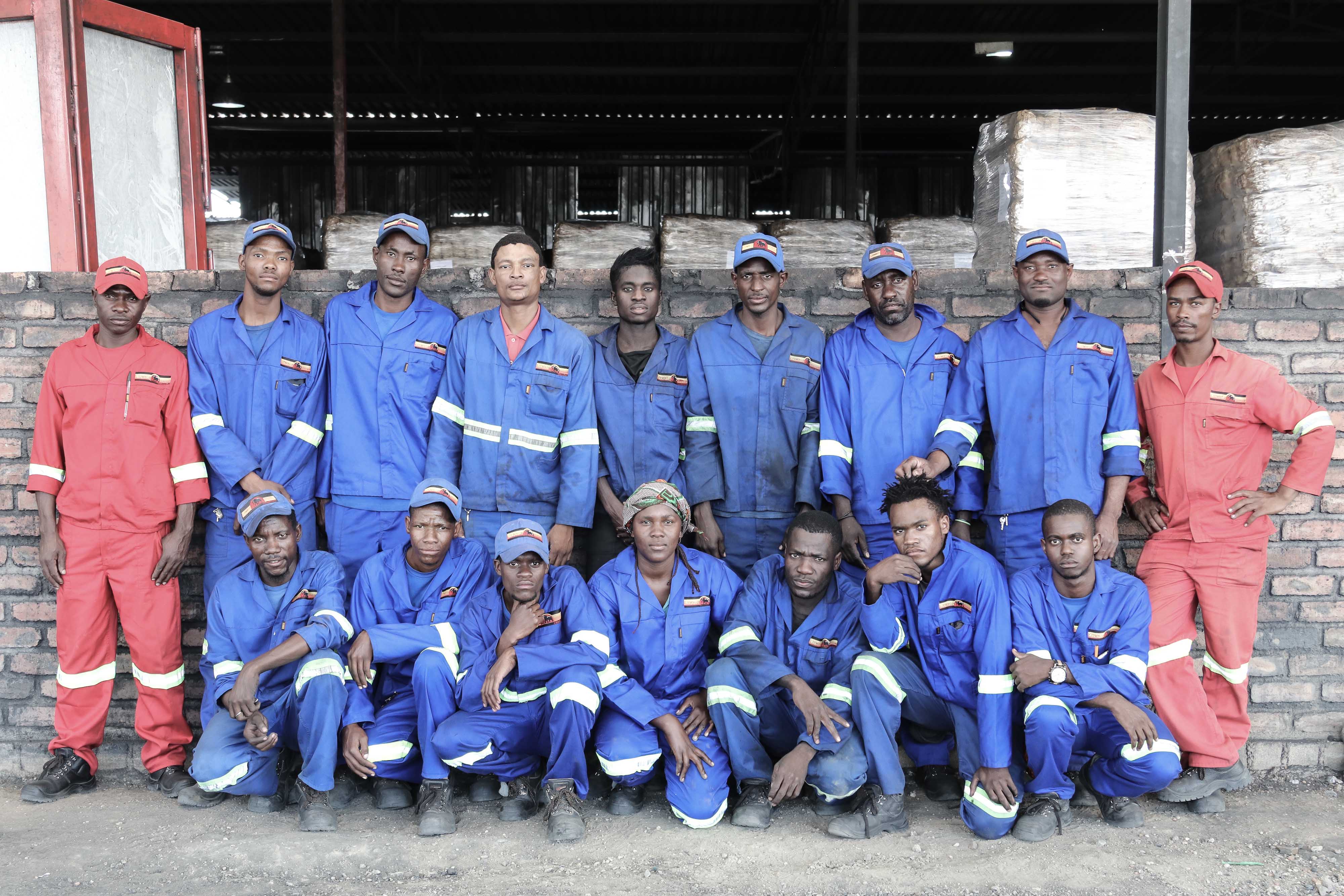


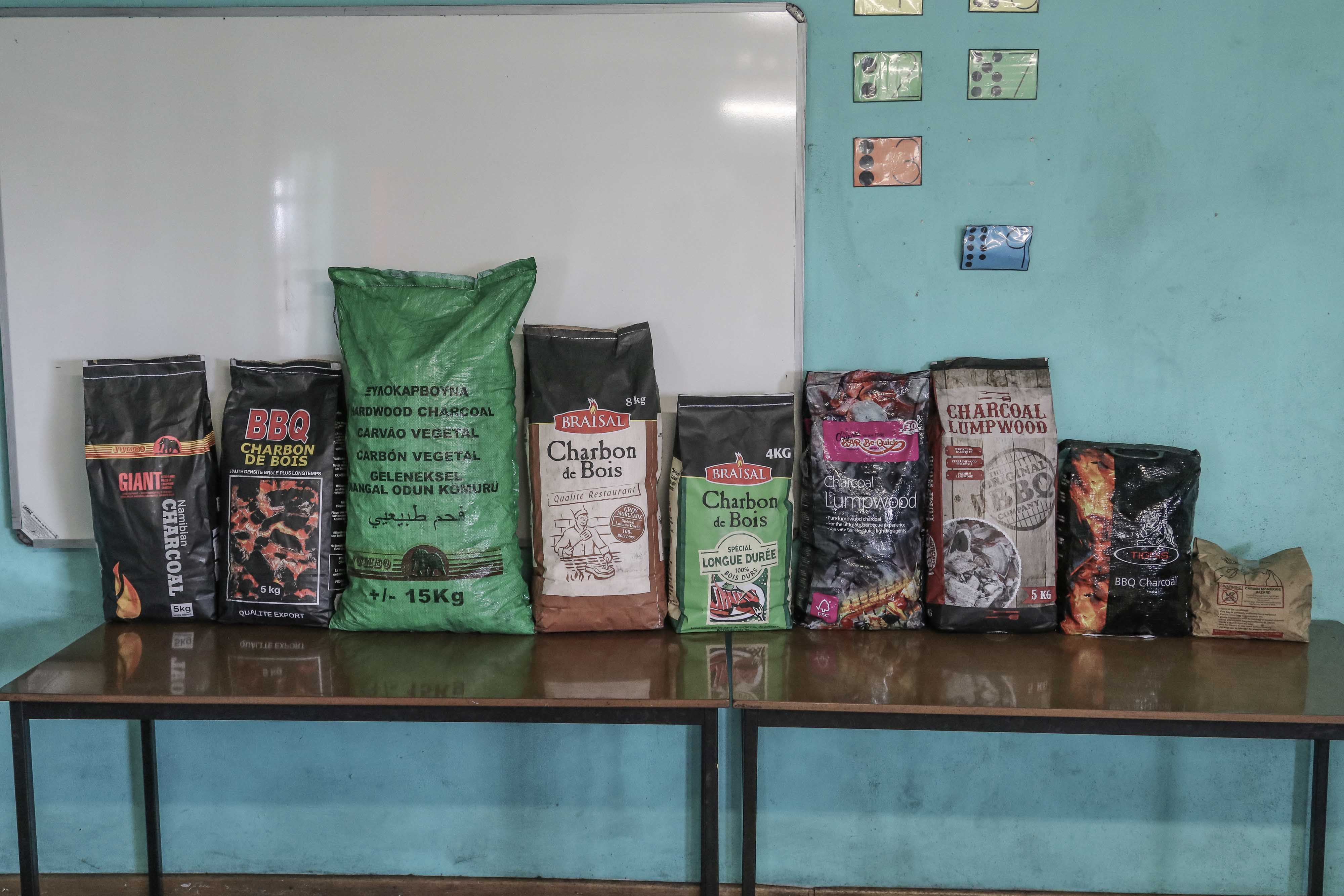
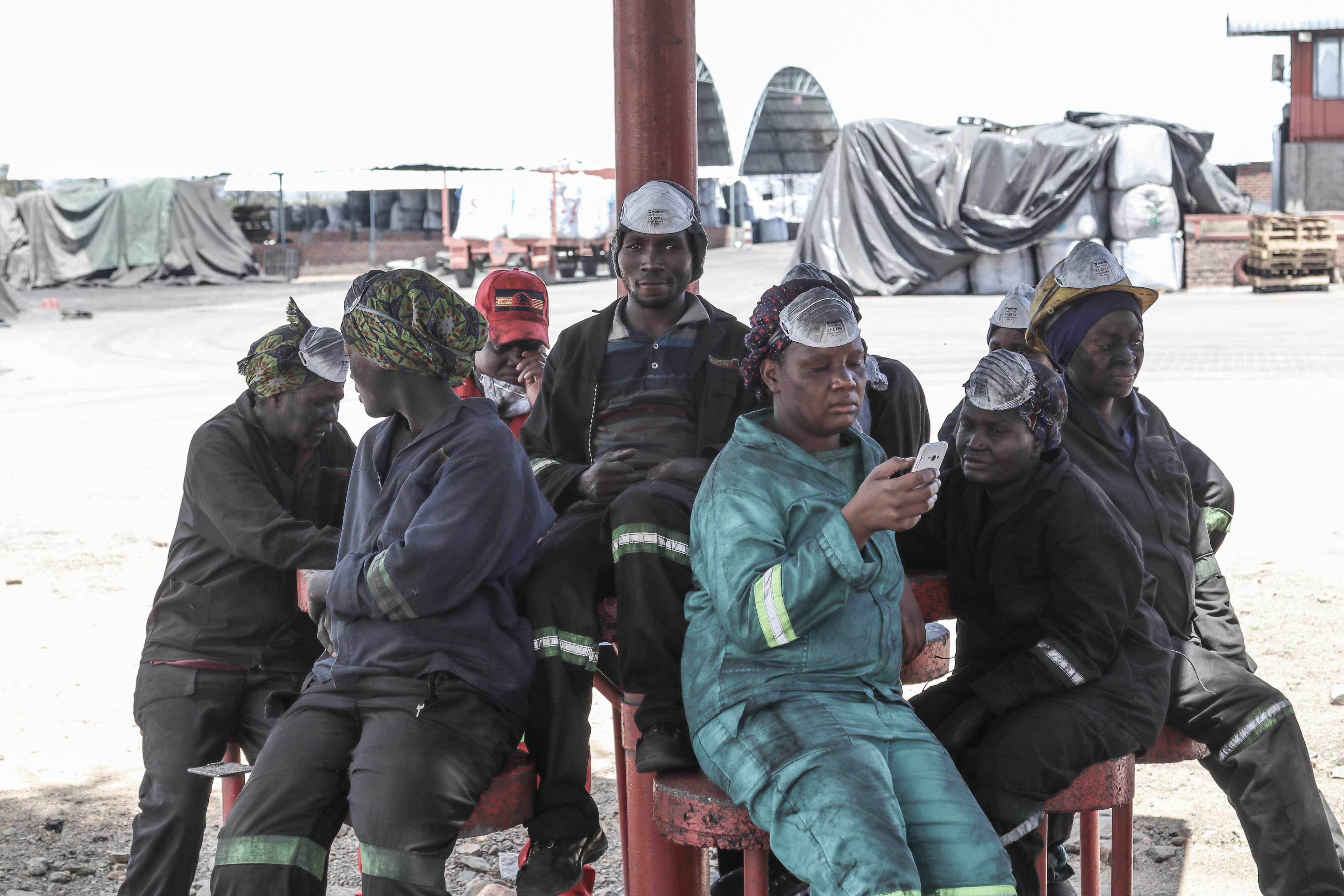
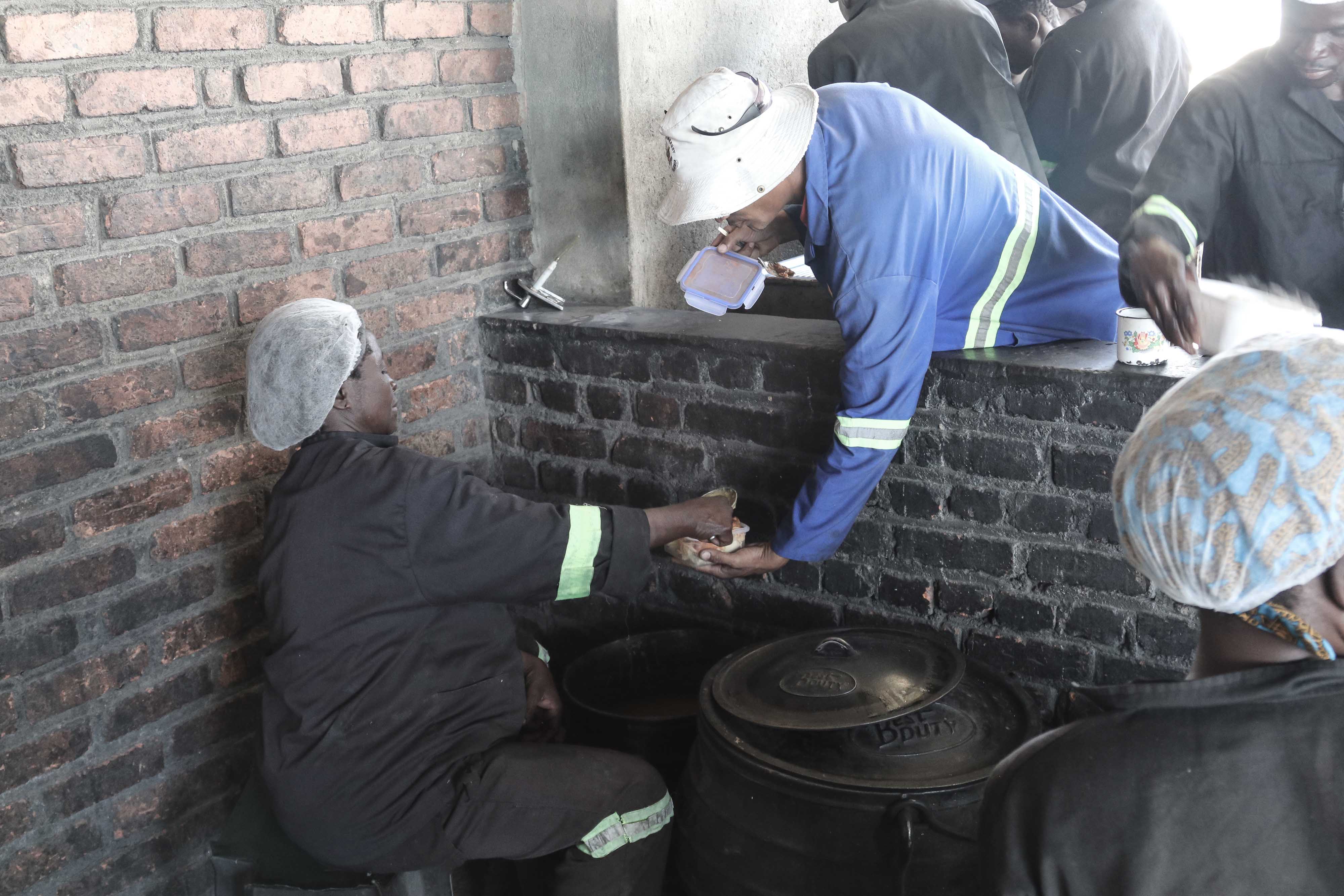
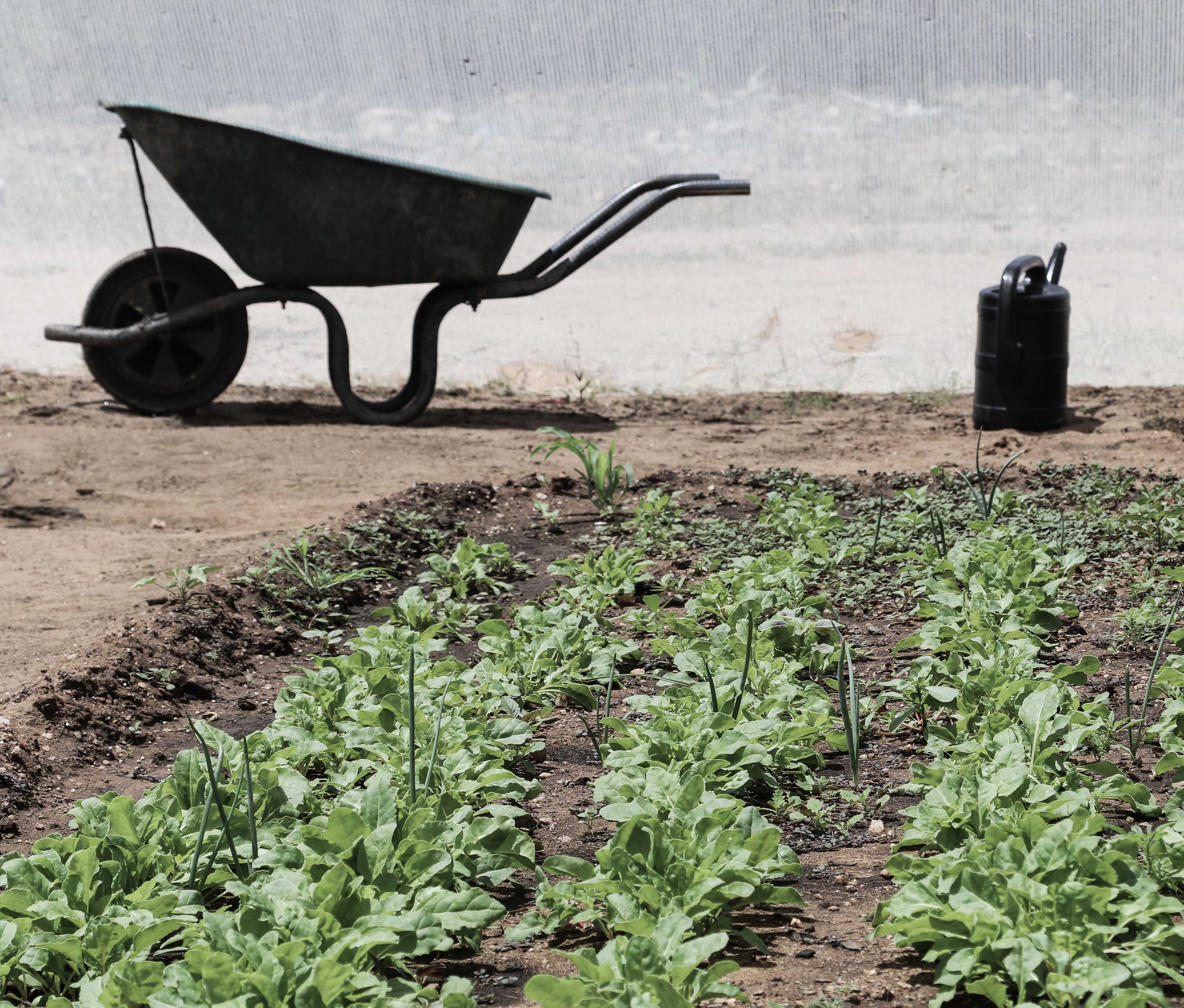
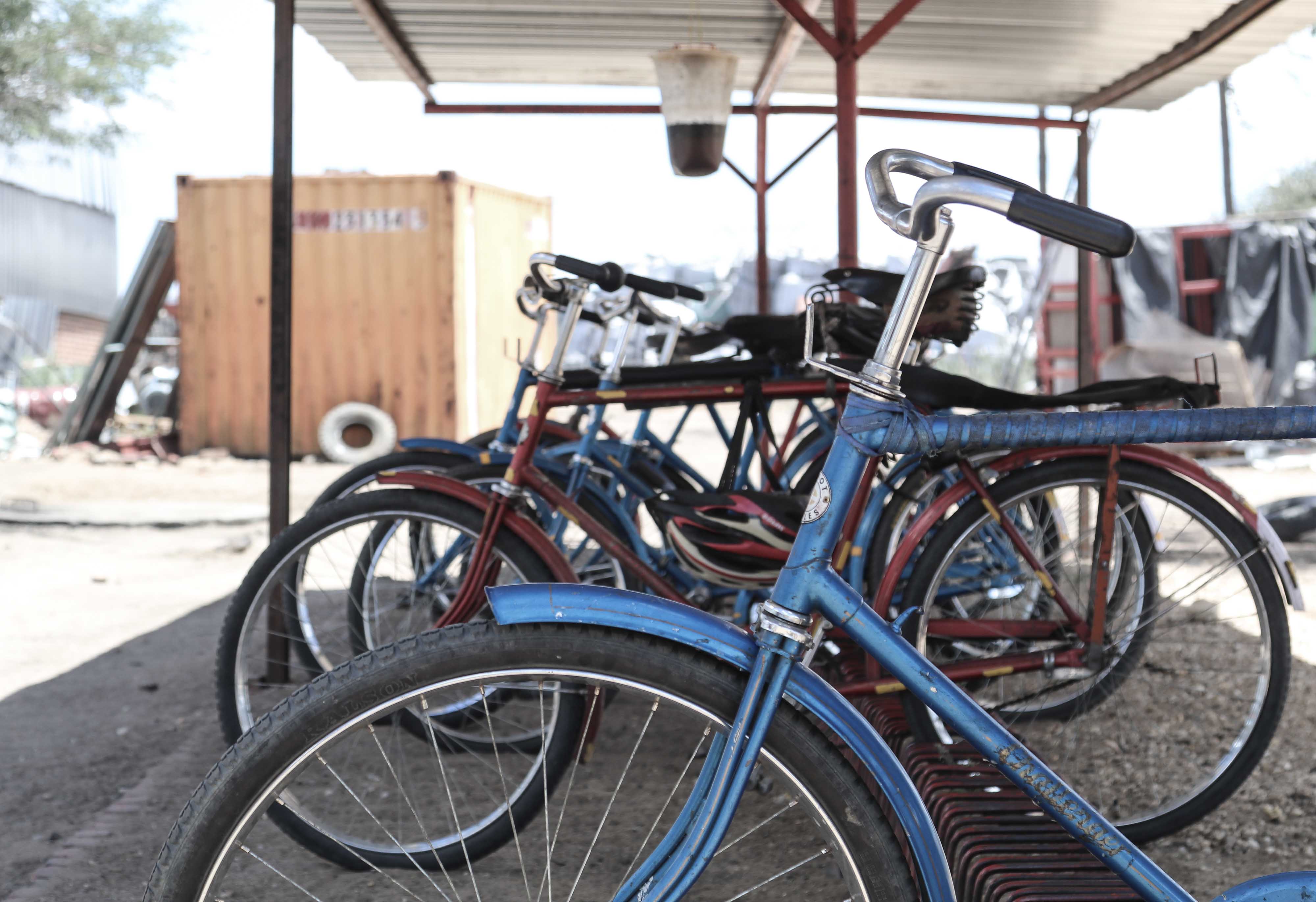
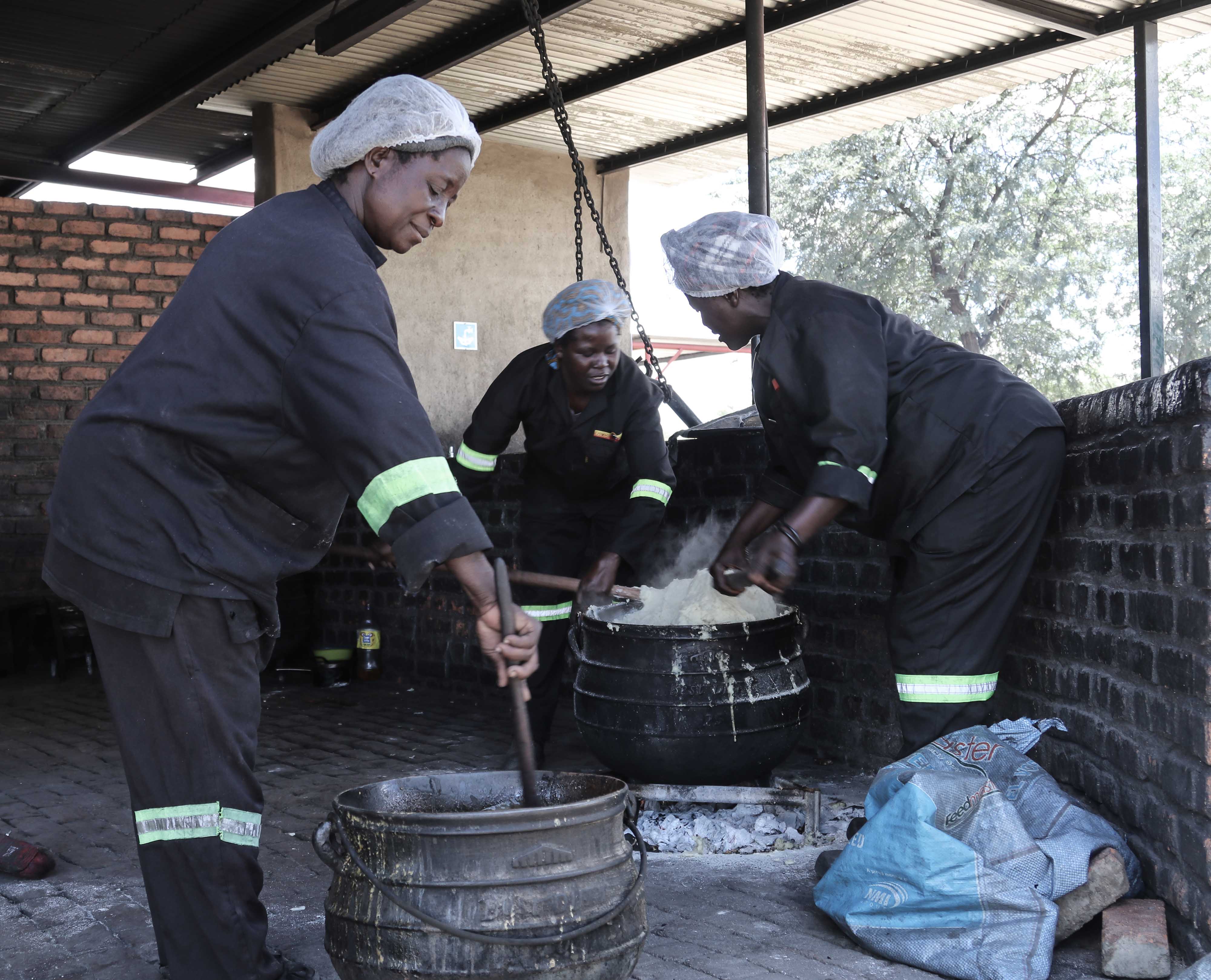
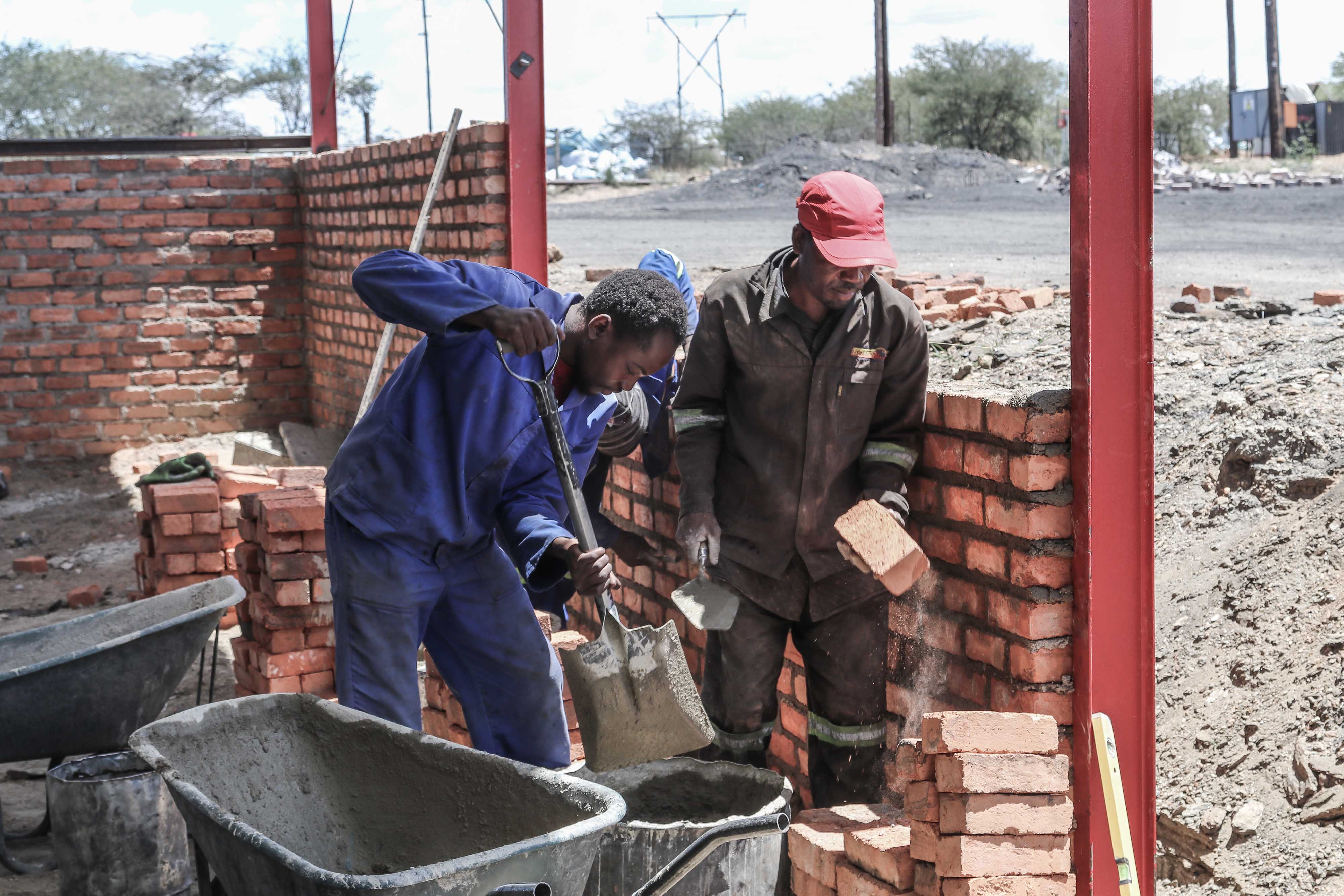
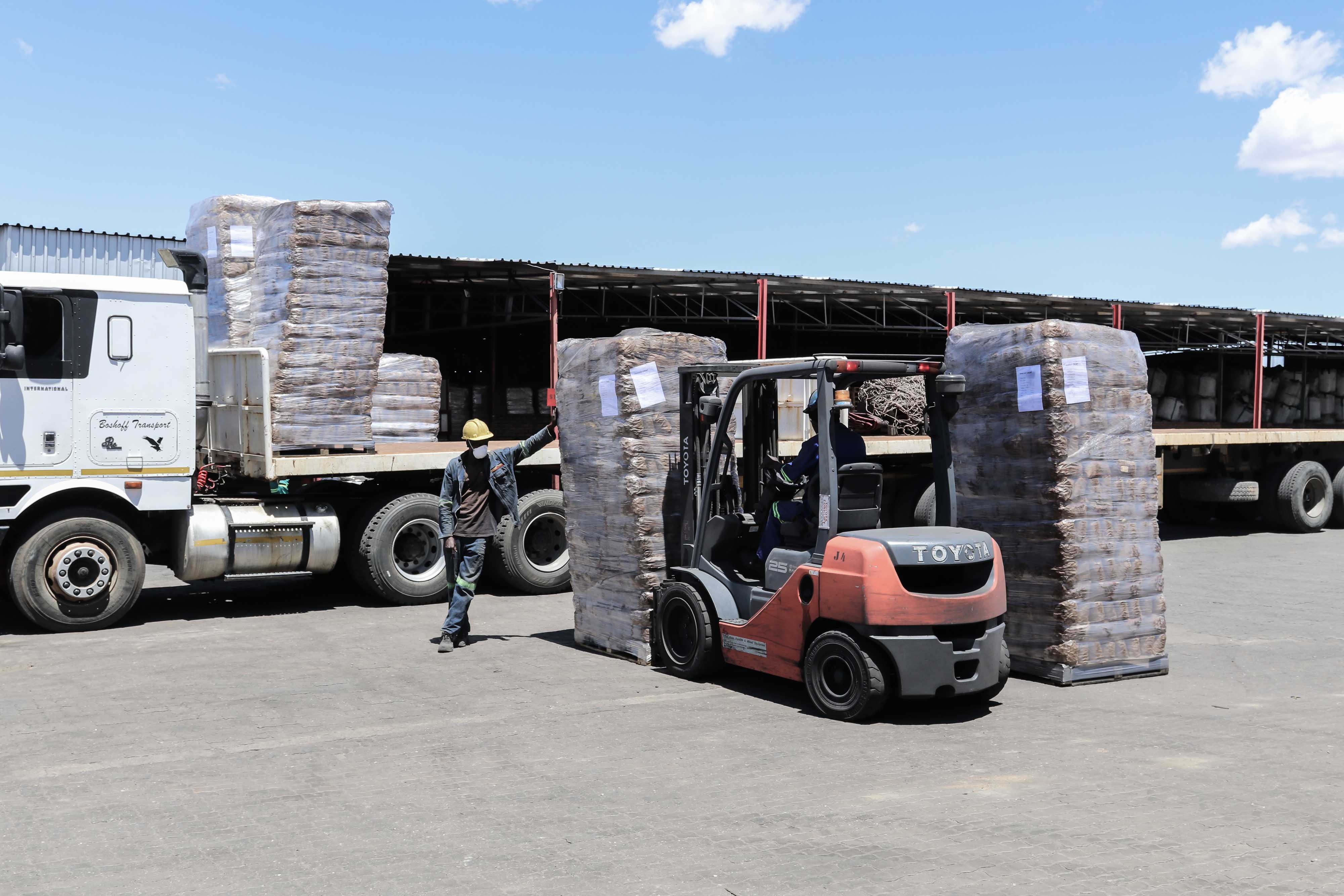
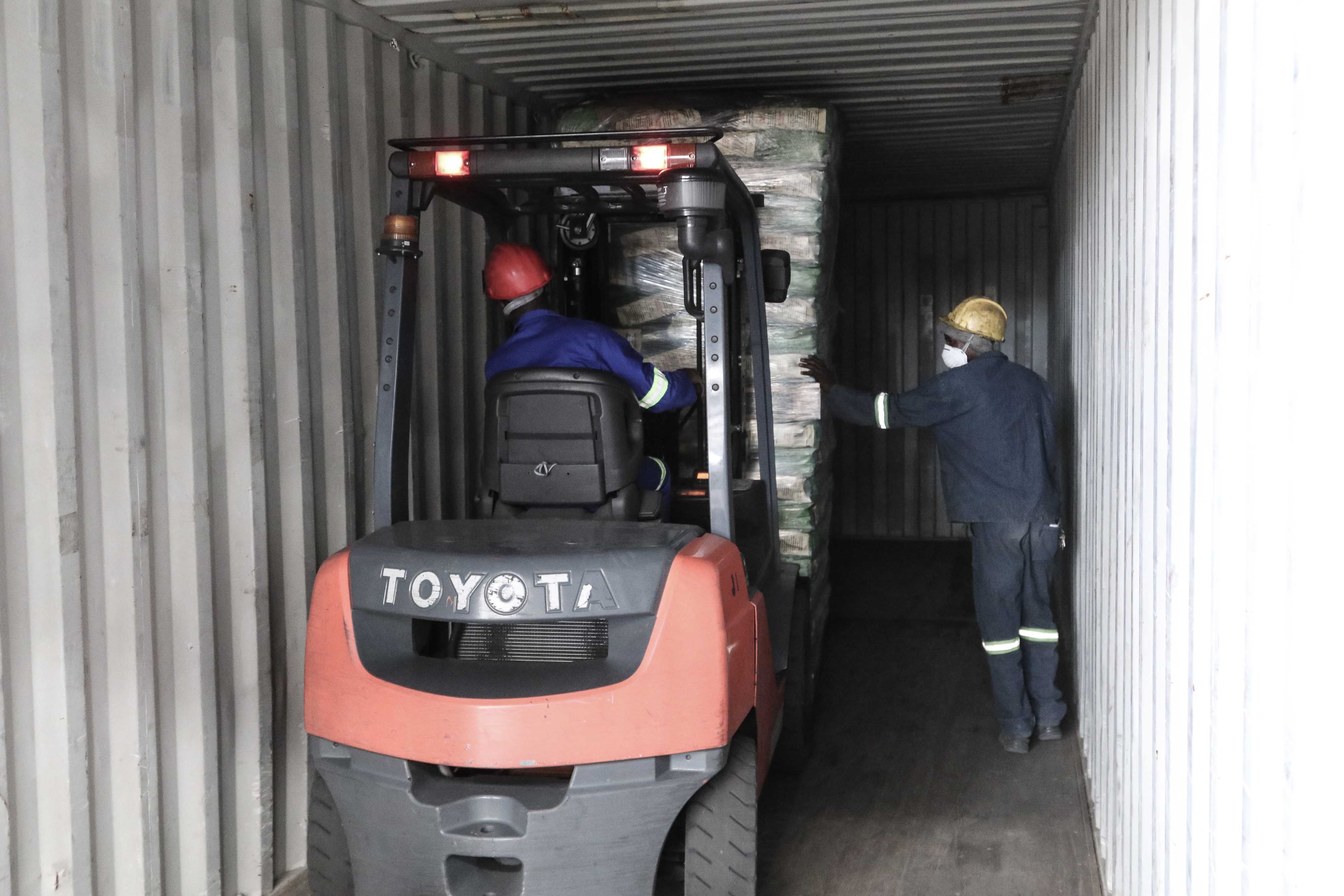
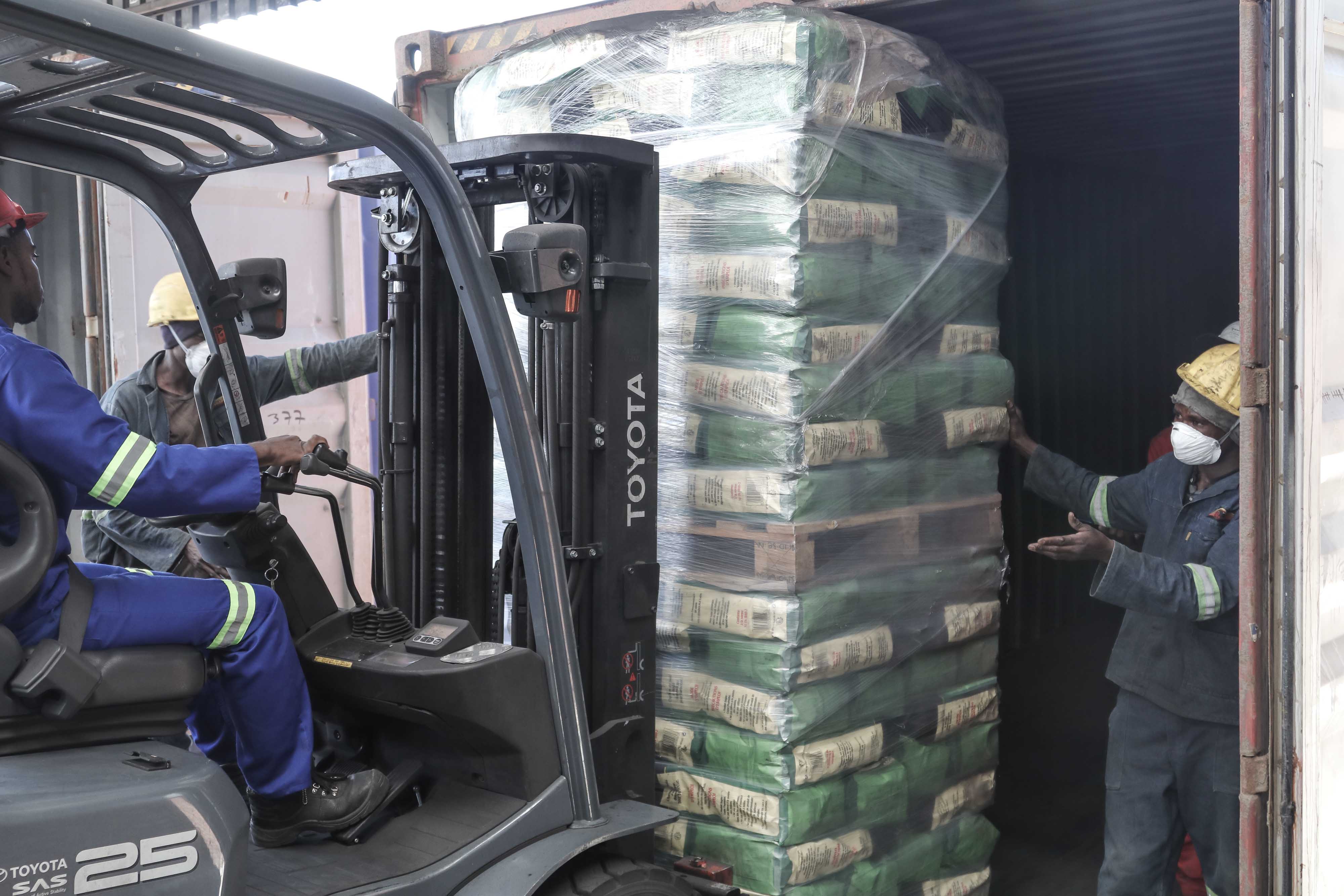
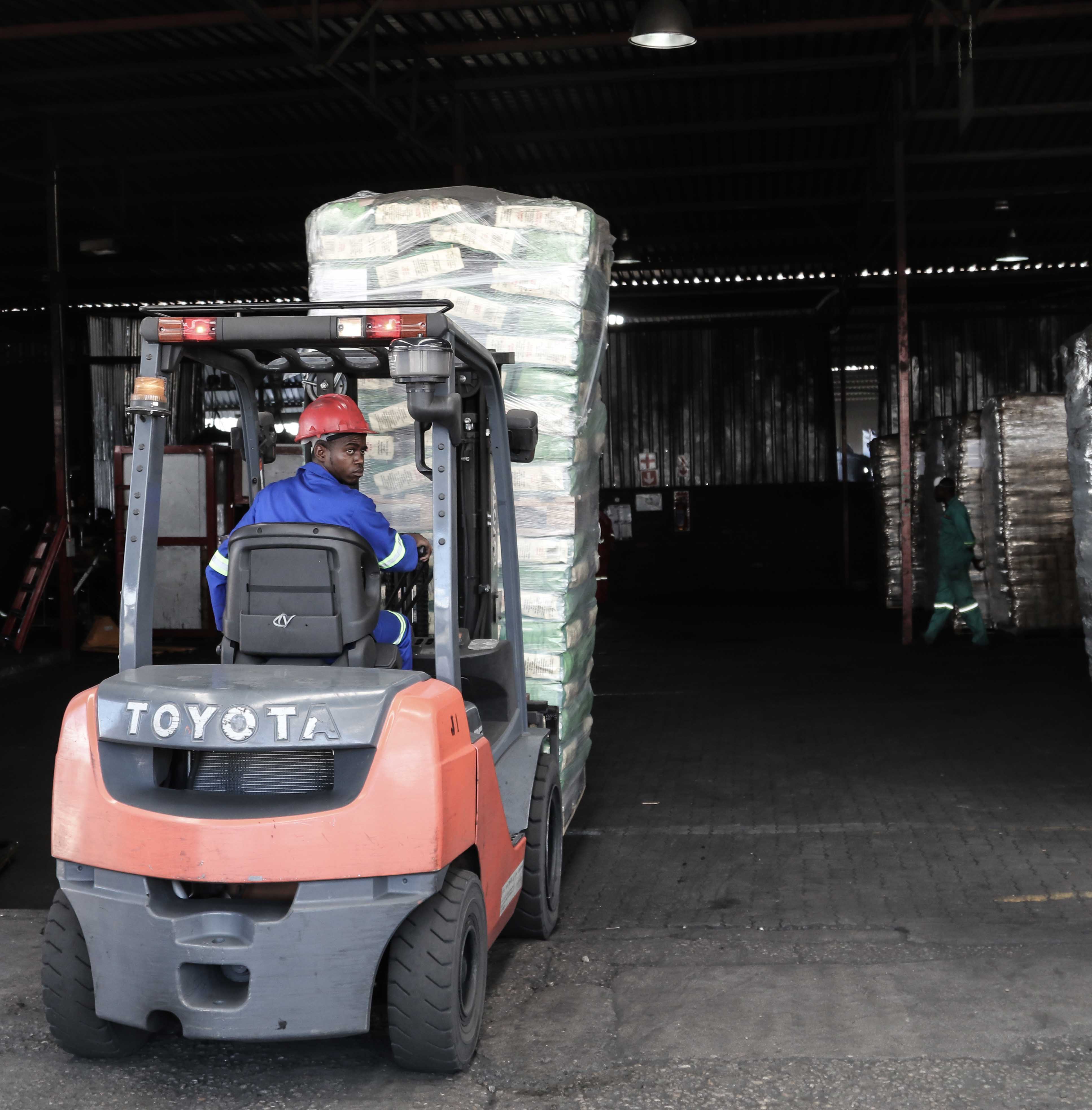
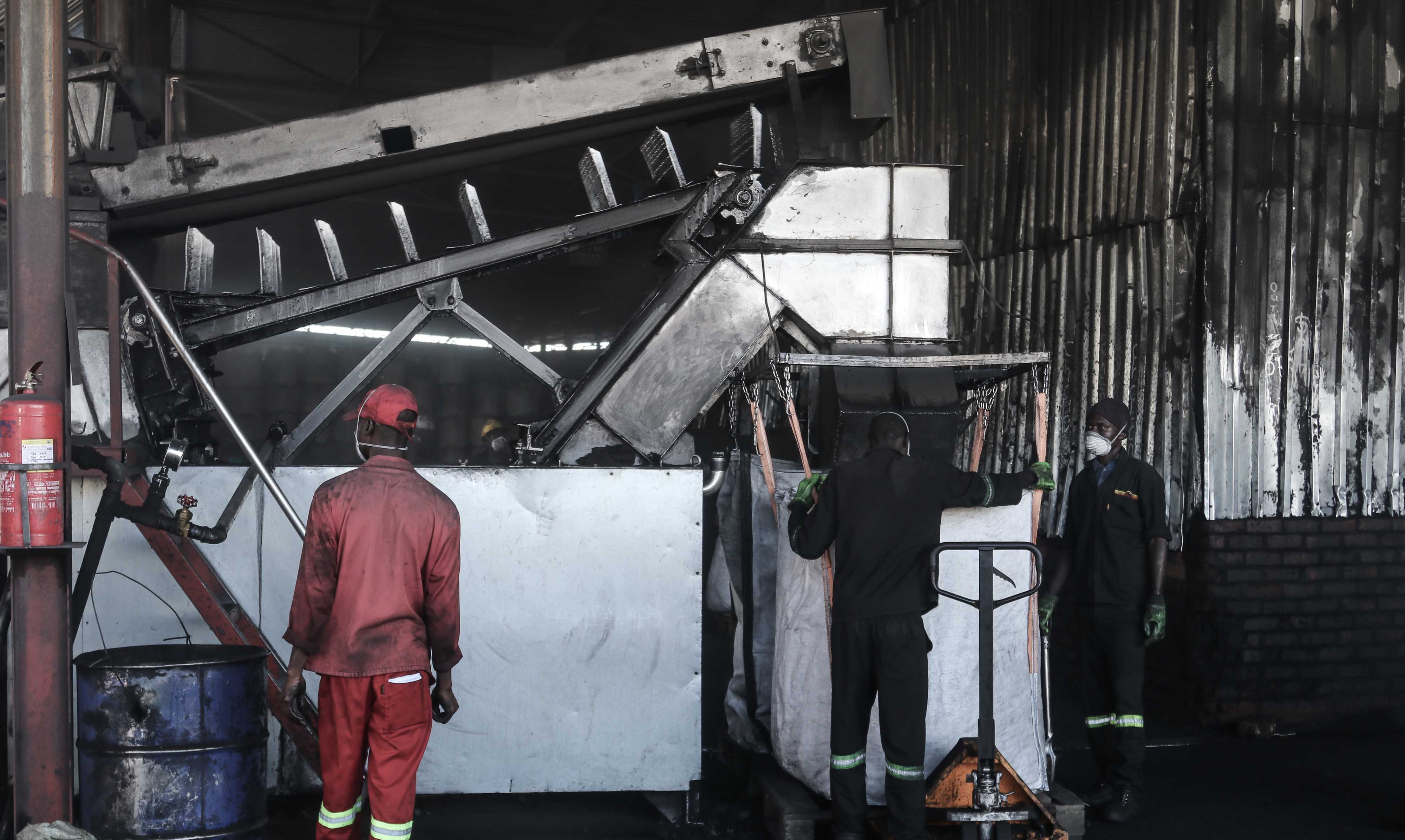
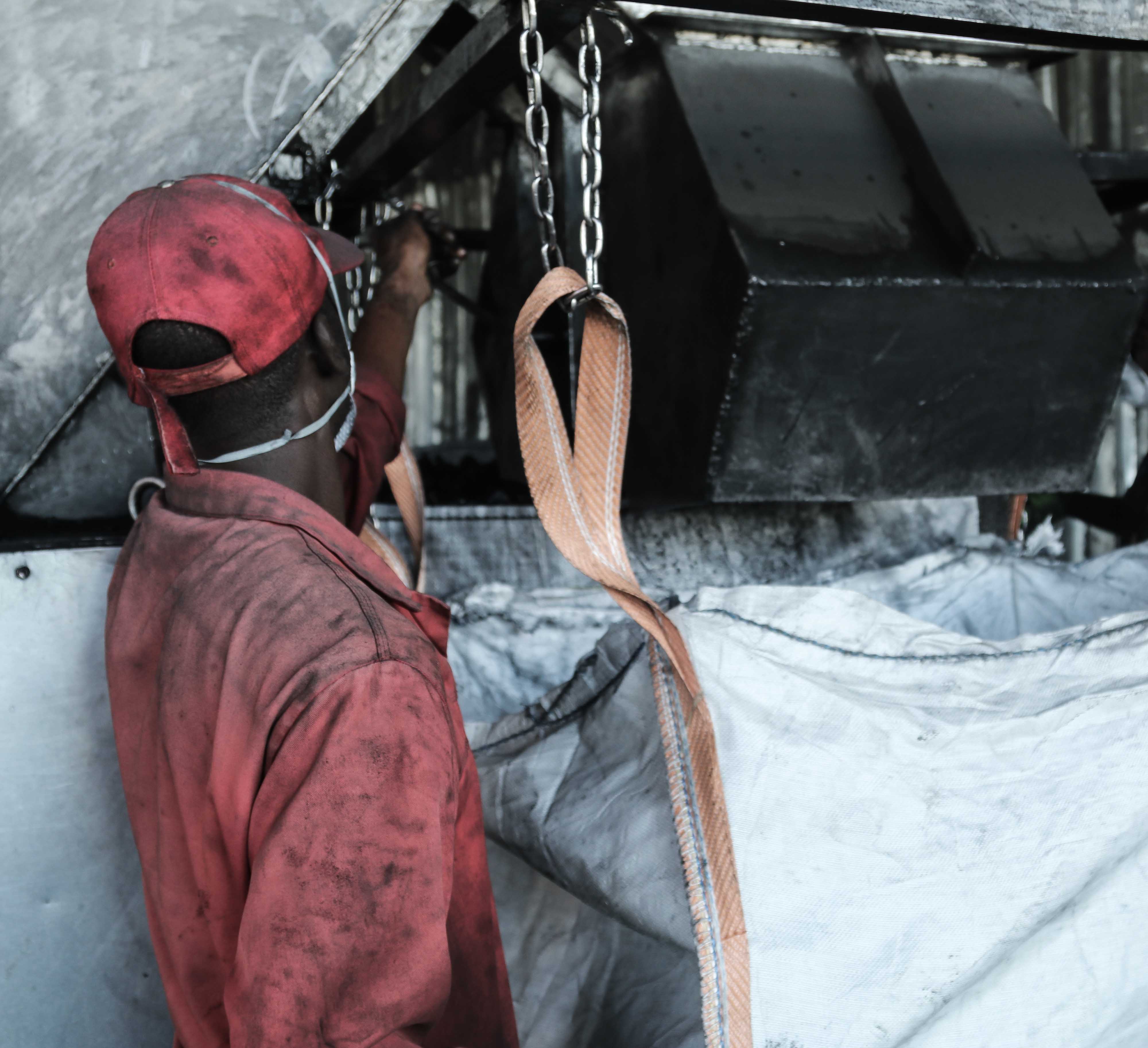
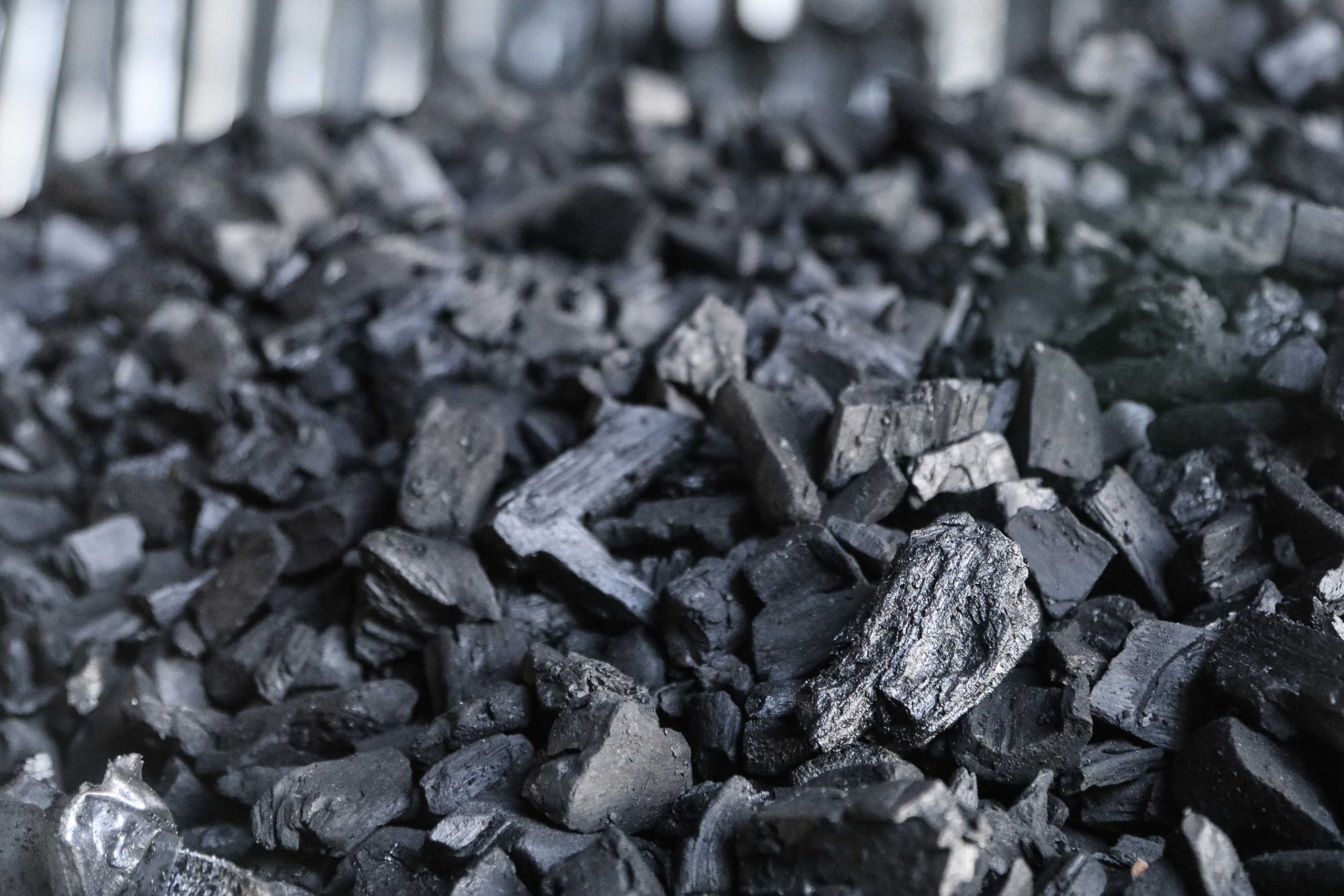
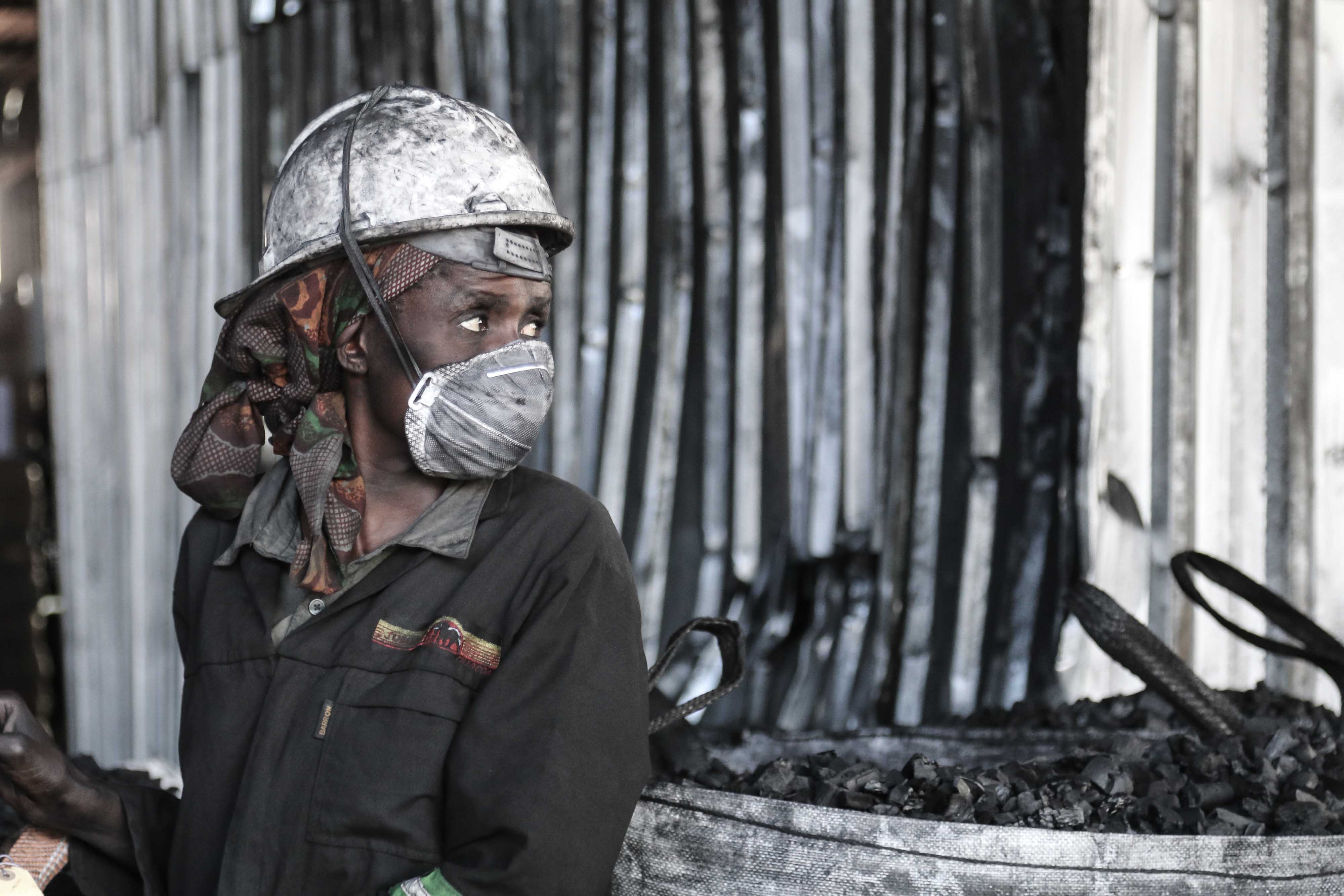
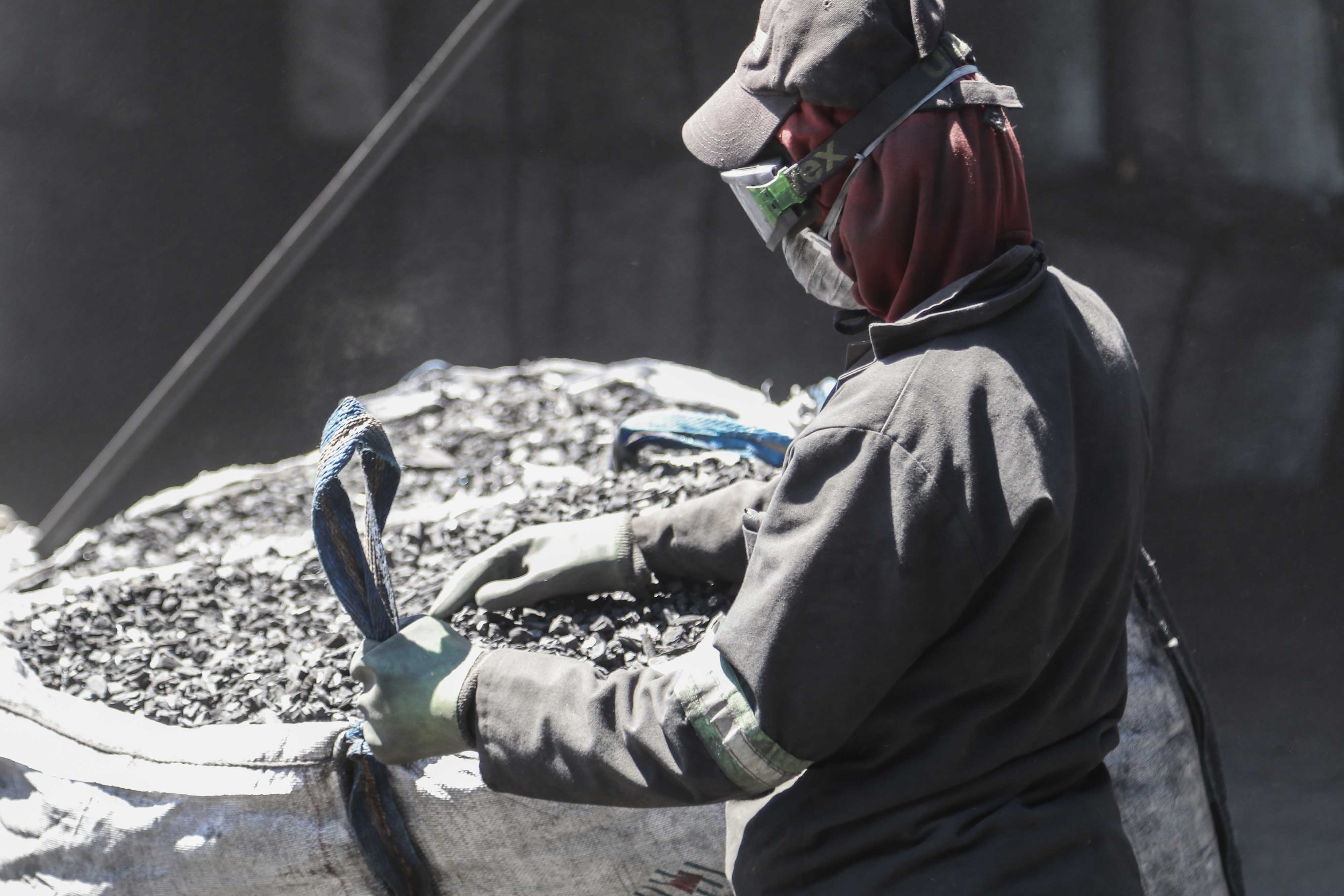
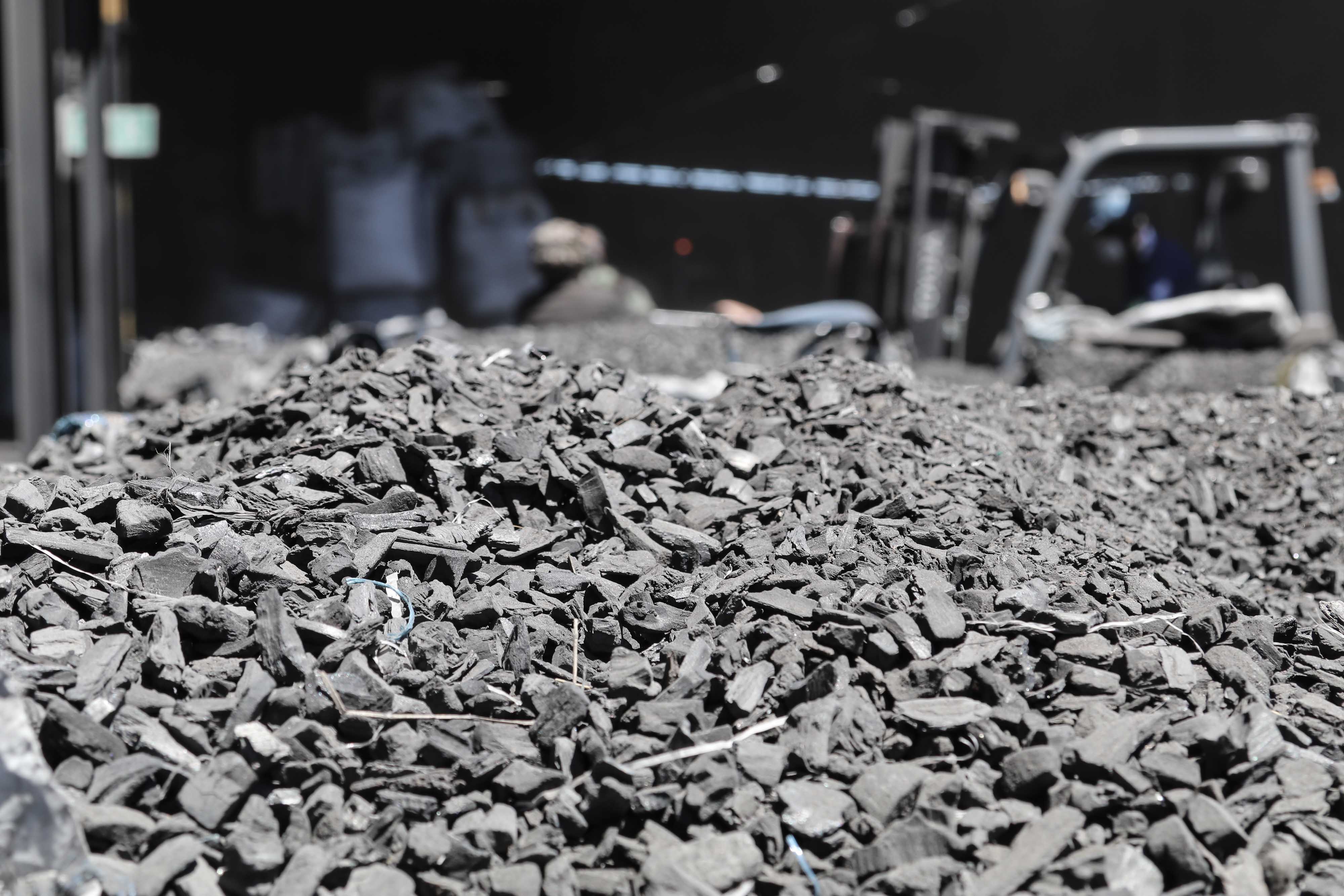

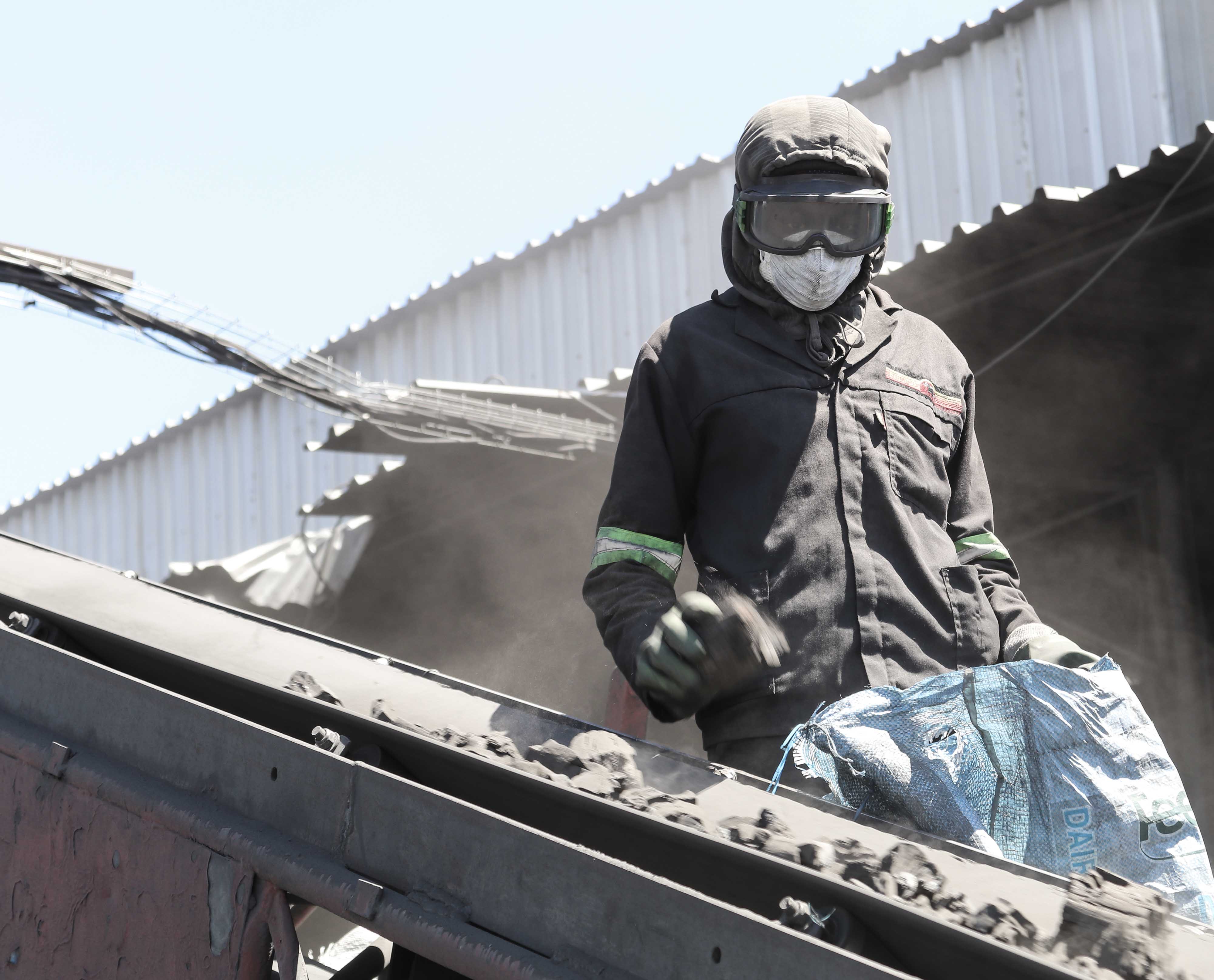
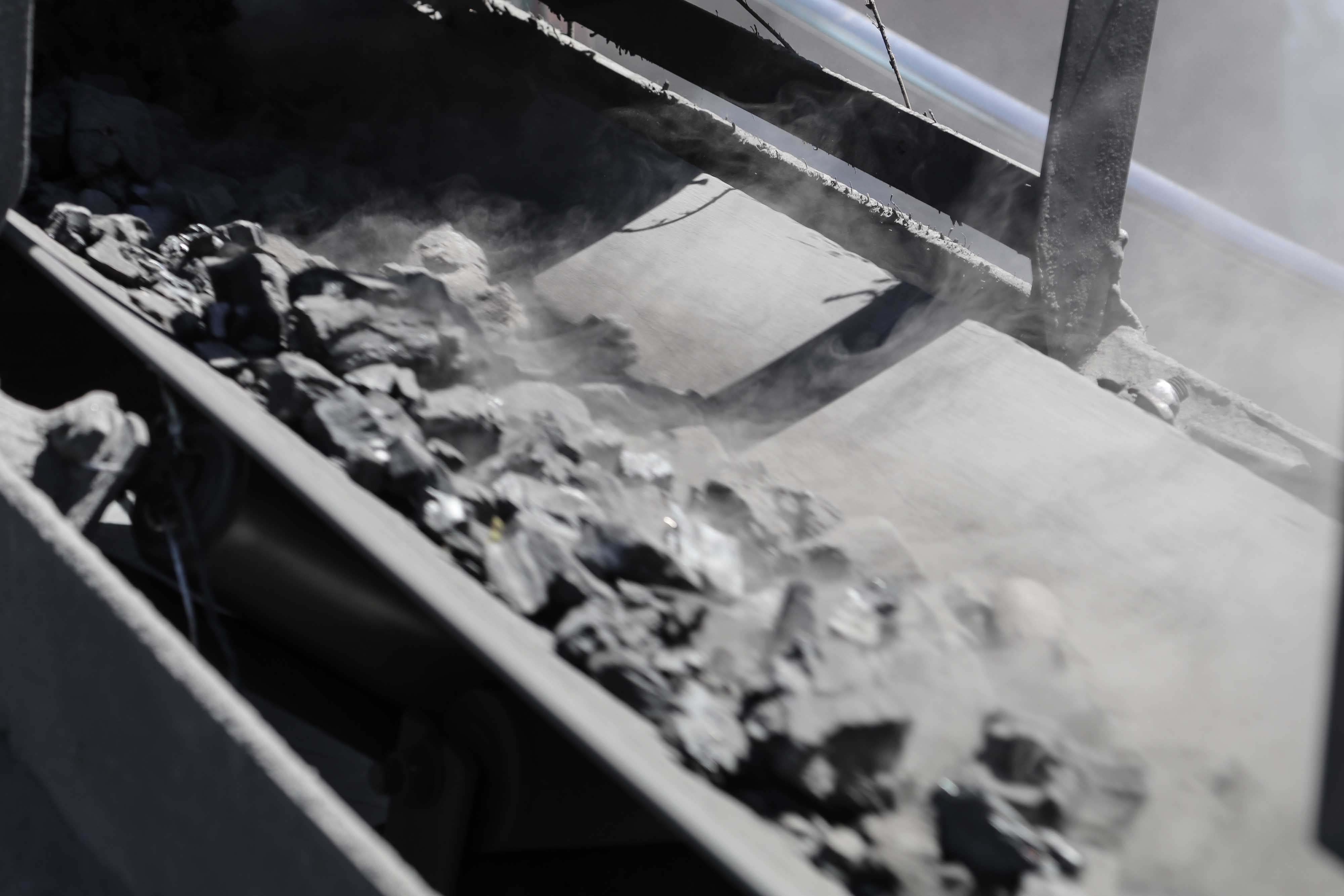

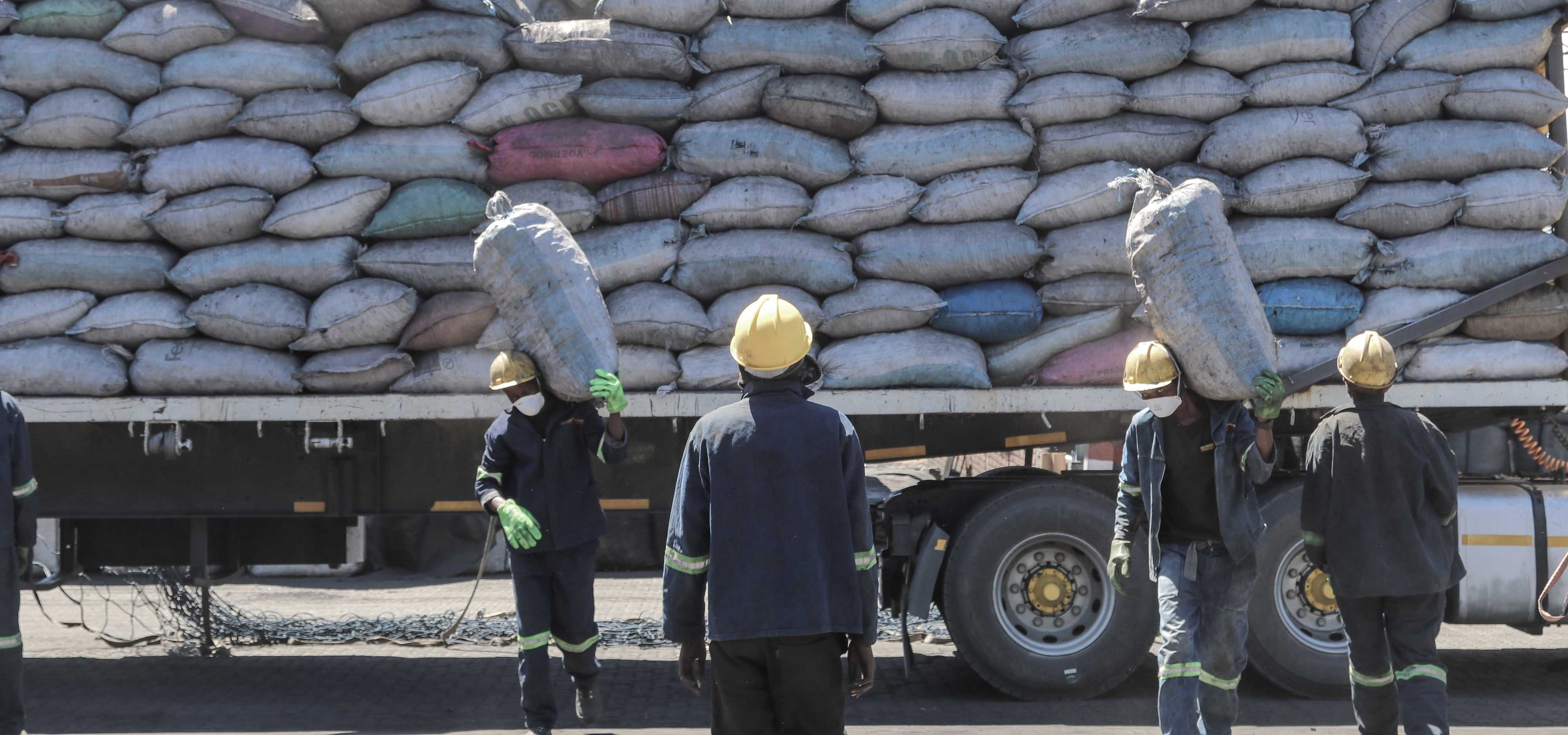
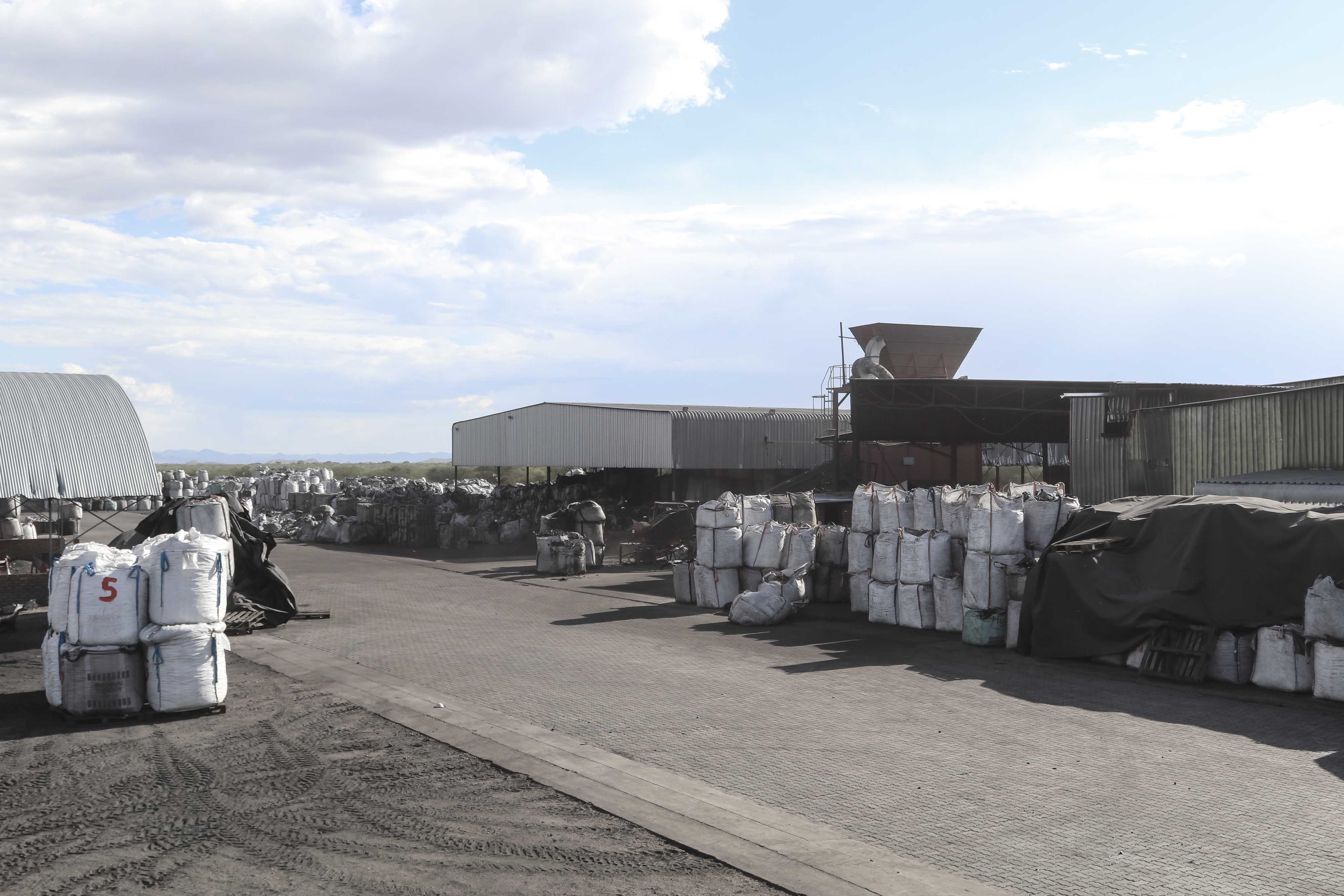
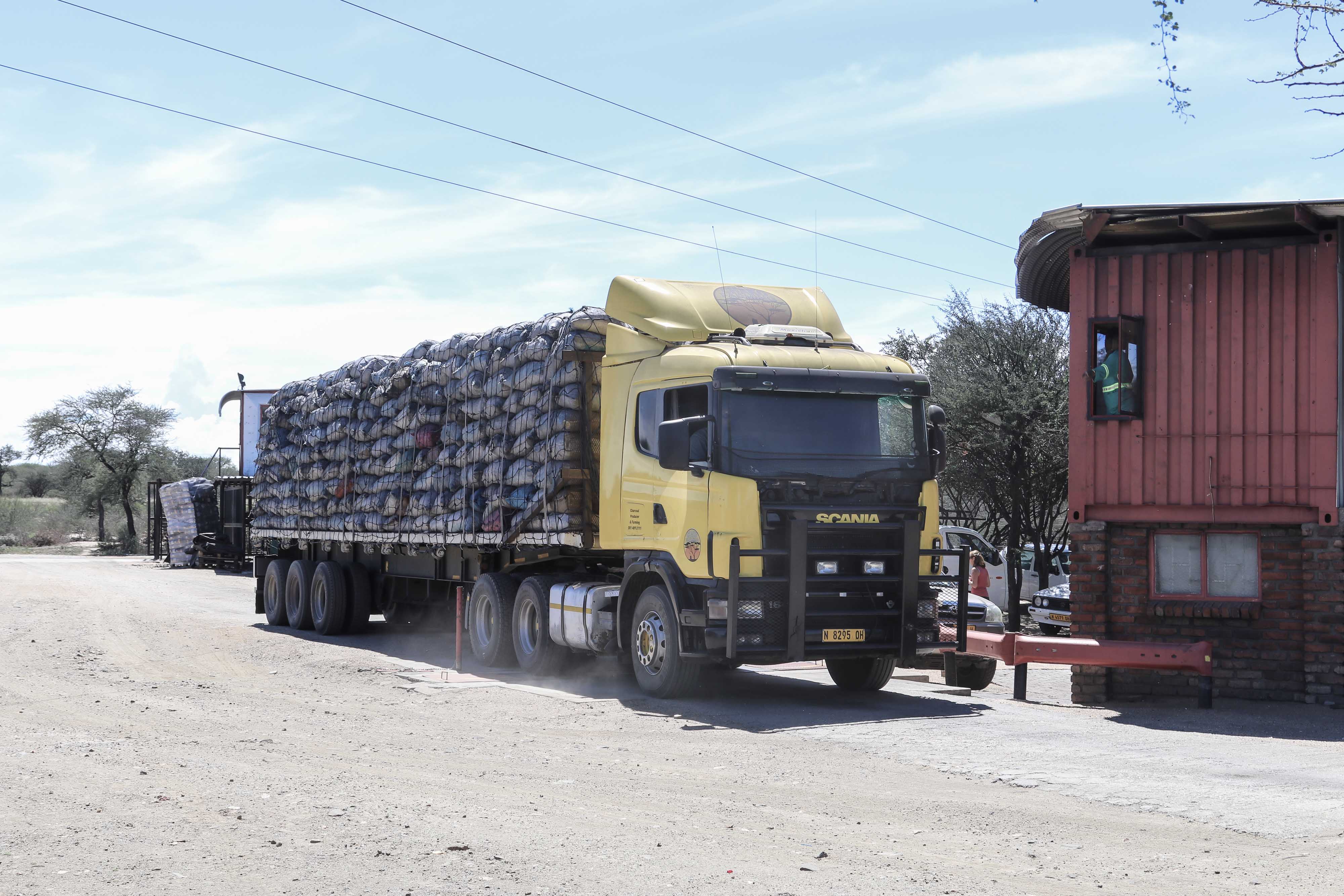
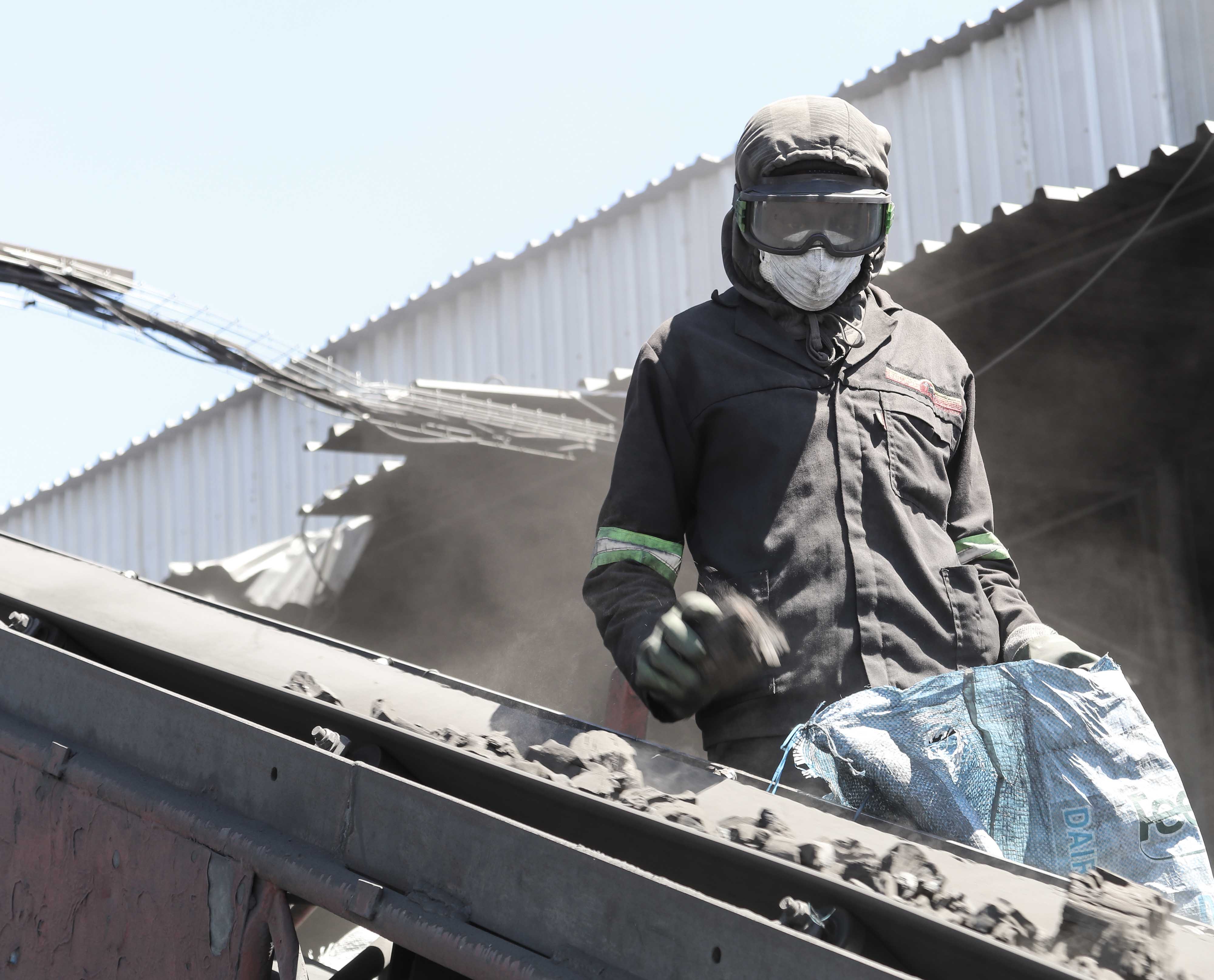
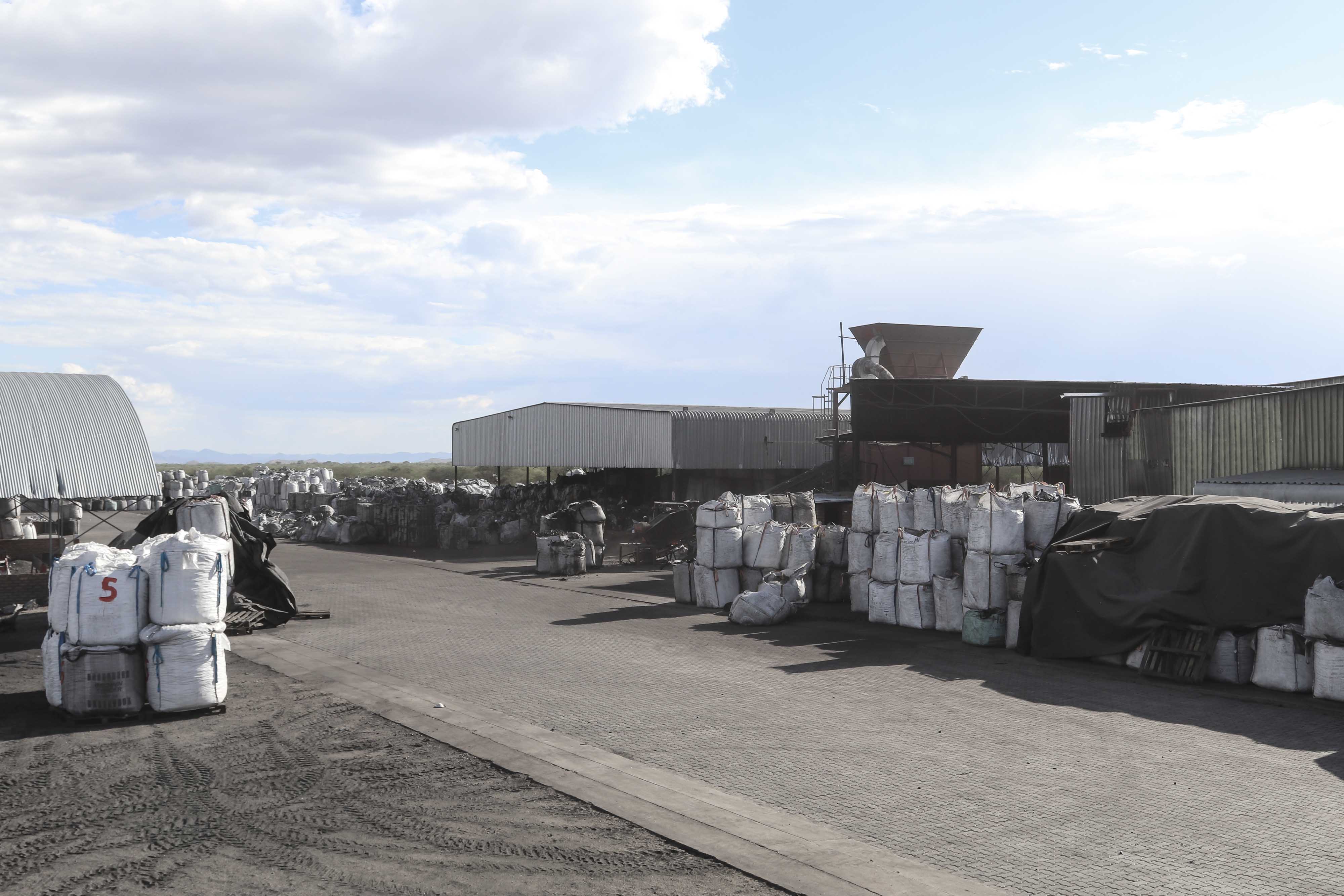
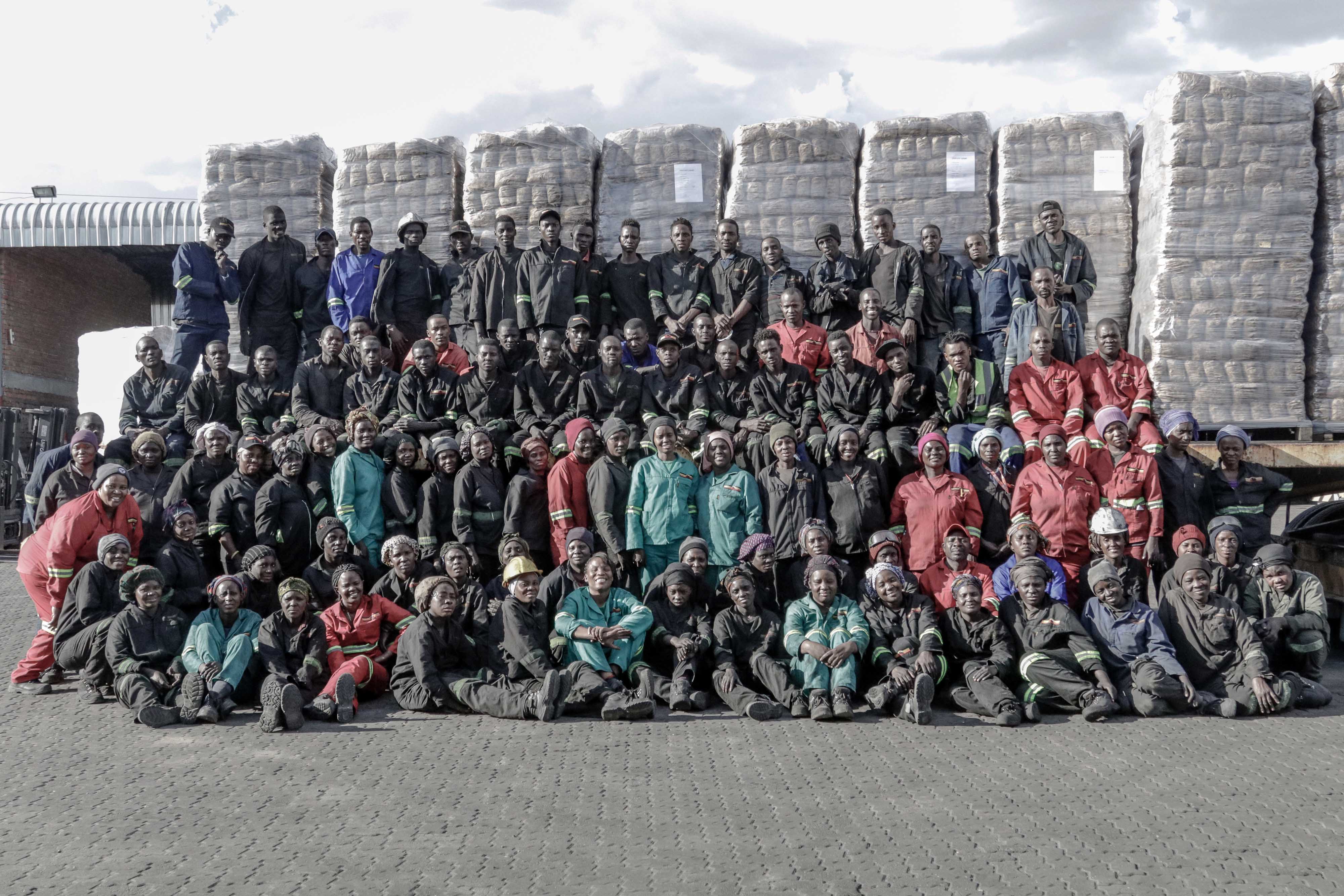
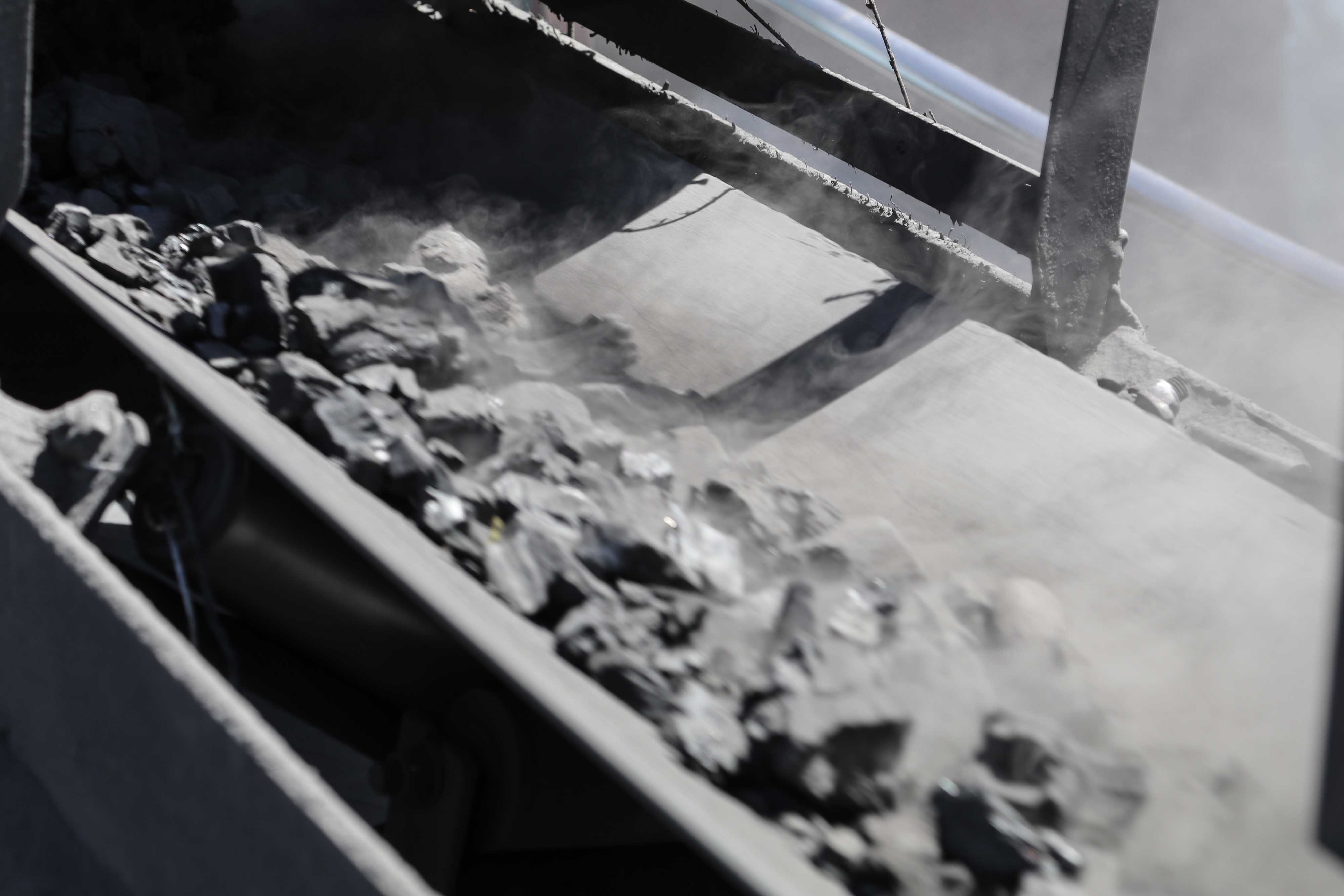
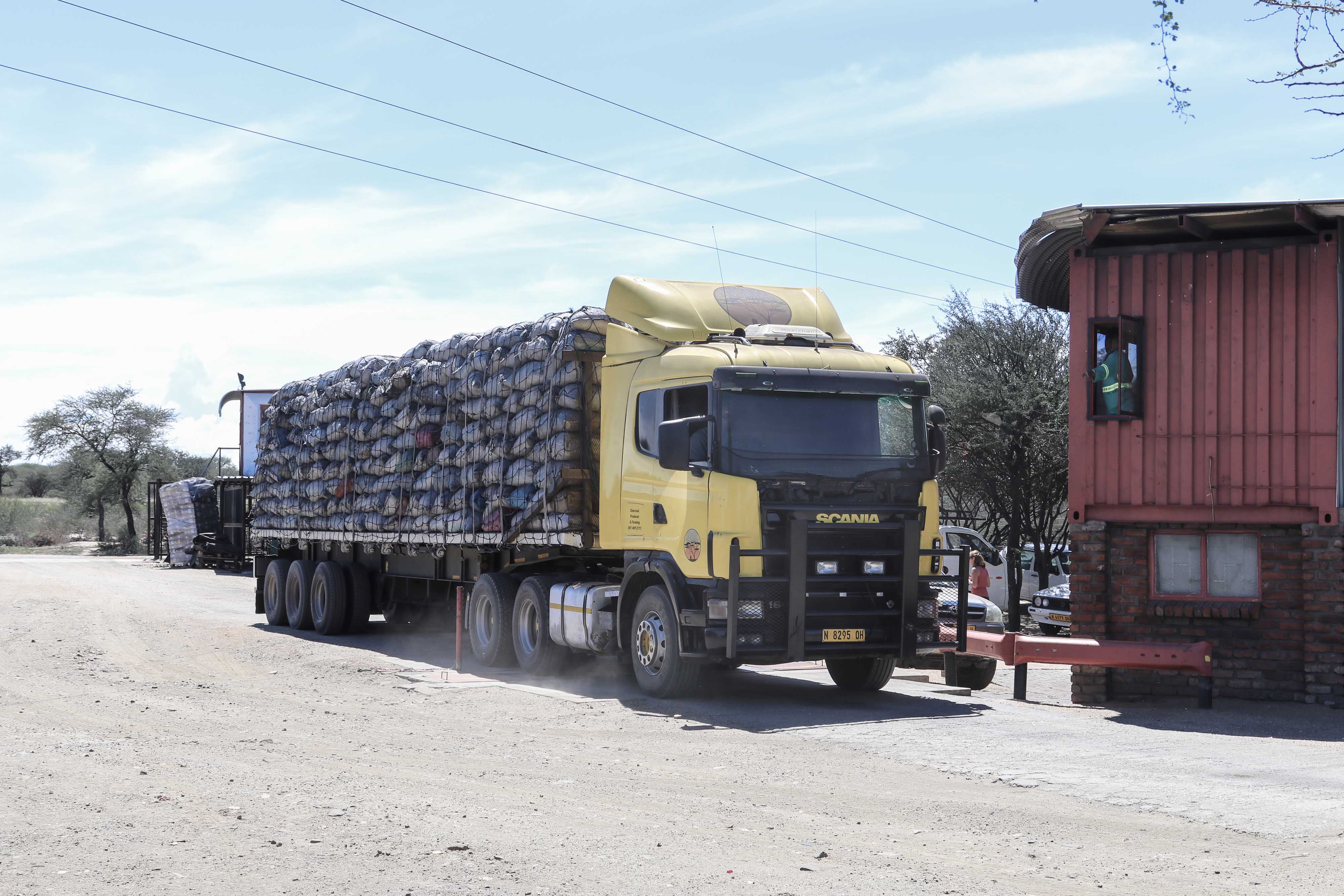
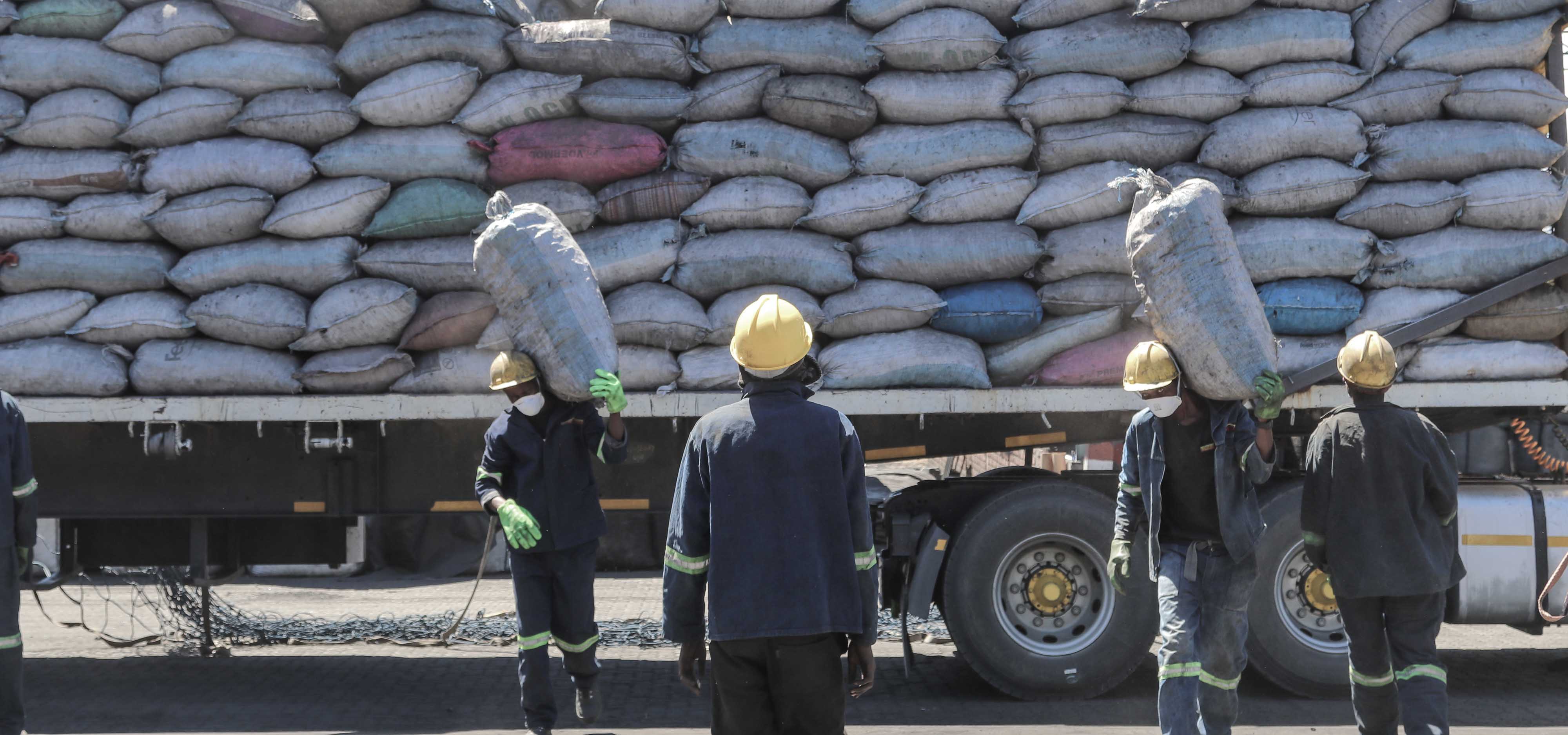
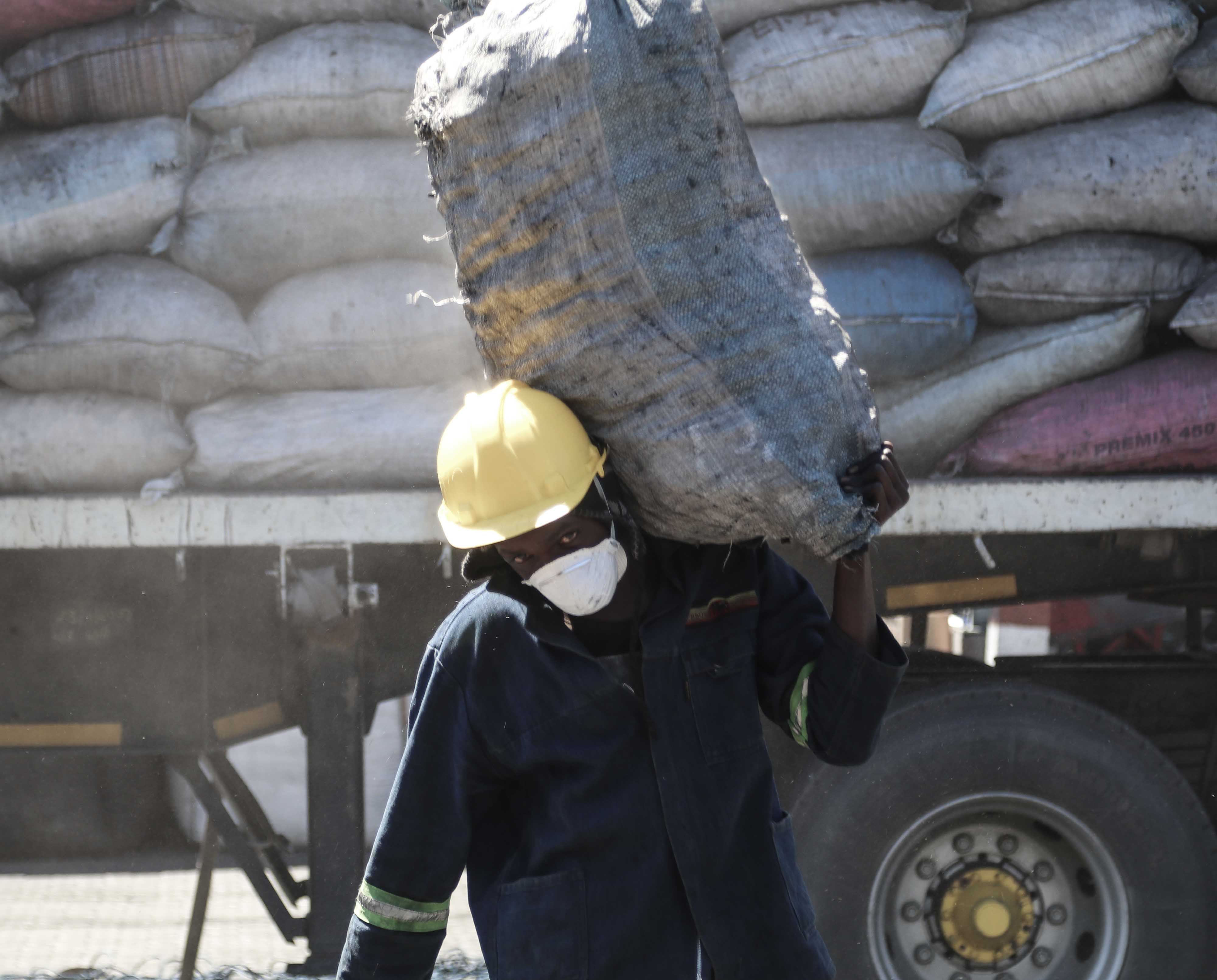






































Forest Stewardship Council (FSC®) Management
The Forest Stewardship Council® (FSC) operates globally and works to safeguard forests and those who rely on them. FSC® certifies their forests to ensure the highest environmental and social standards. In 2001 Jumbo was the first Namibian company to receive FSC certification and has held this certification since then. Jumbo currently manages an FSC group scheme for charcoal producers in Namibia. The aim for Jumbo is to have a 100% sustainable life-cycle of all charcoal that is sold. Workshops are held regularly to evaluate the quality of harvesting methods and to encourage farmers to produce at the high standard required to adhere to the FSC standards.
Bush thickening and the associated negative impact on the productivity of farmland in Namibia is widely documented and recognized as a major problem within the agricultural industry. Severe drought, combined with overgrazing and fires can result in unnaturally dense bushveld growth not indicative of the natural ecosystem. The thinning out of this dense bushveld allows farmers to improve rangeland and returns the ecosystem to a more heterogeneous state. Farmers harvest only the invasive species in accordance with the FSC approved management plan to ensure the process remains environmentally sustainable. The utilization of problem species for the manufacture of charcoal and other carbon products has been widely accepted as an environmentally friendly process.












